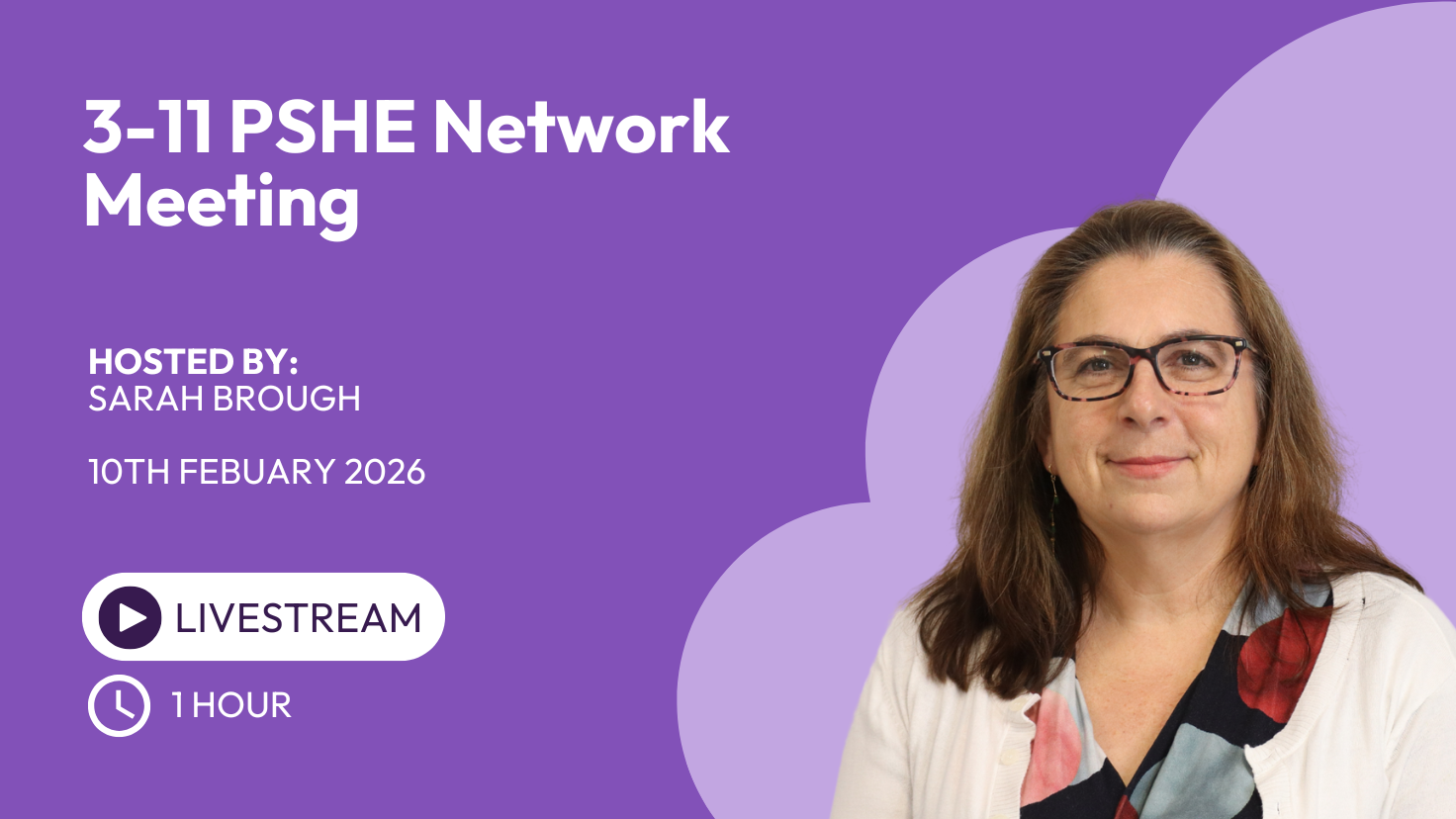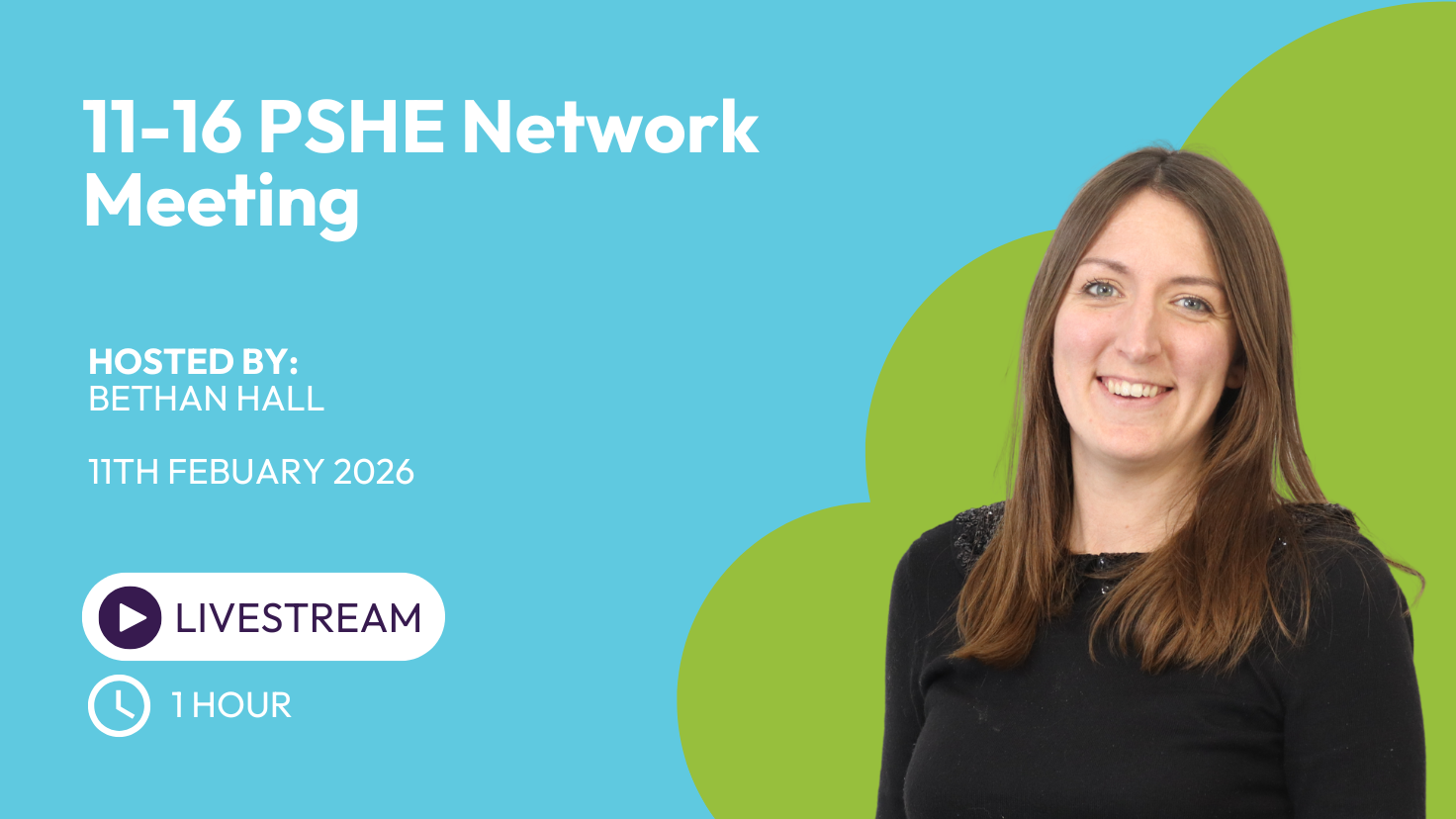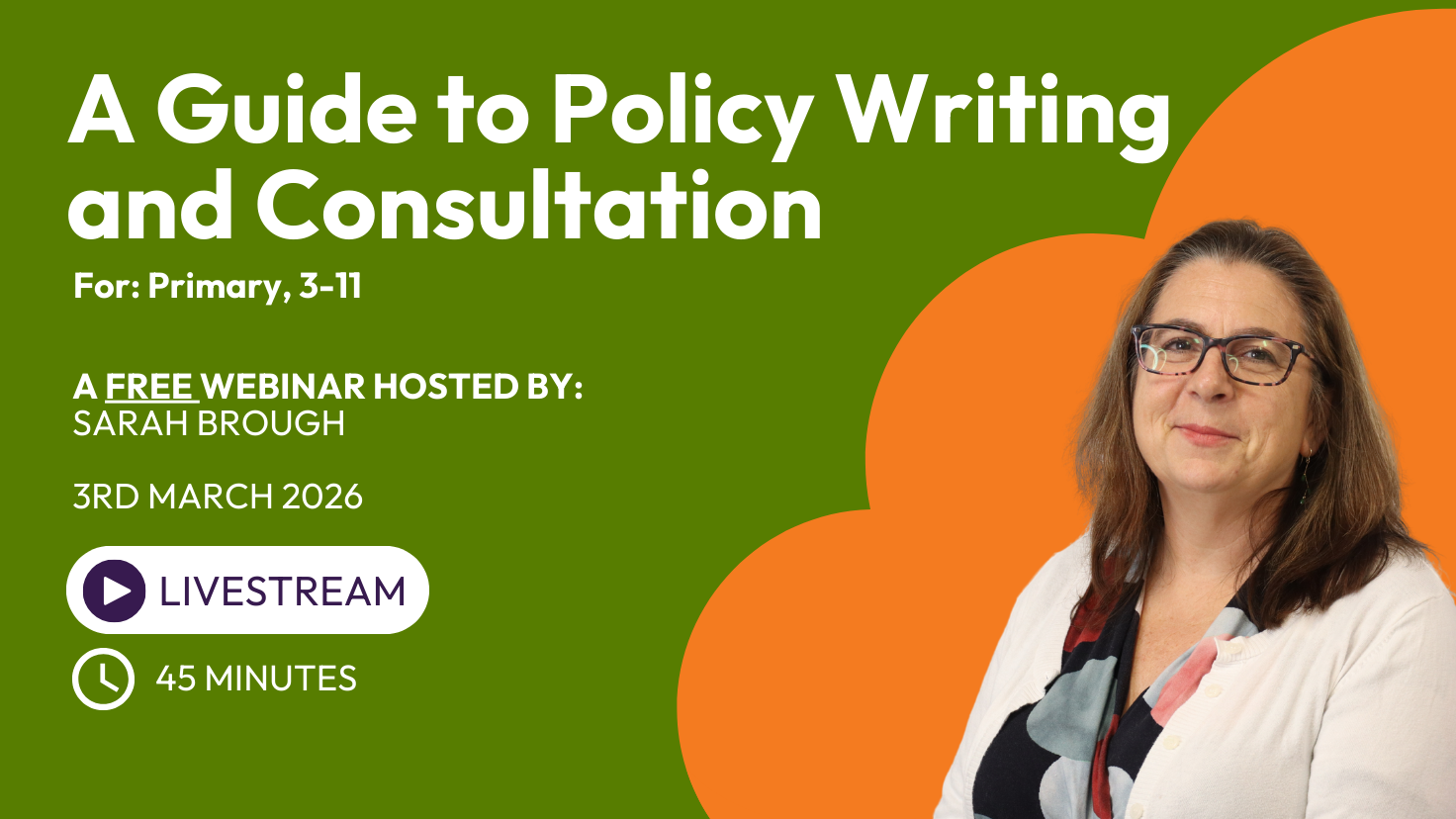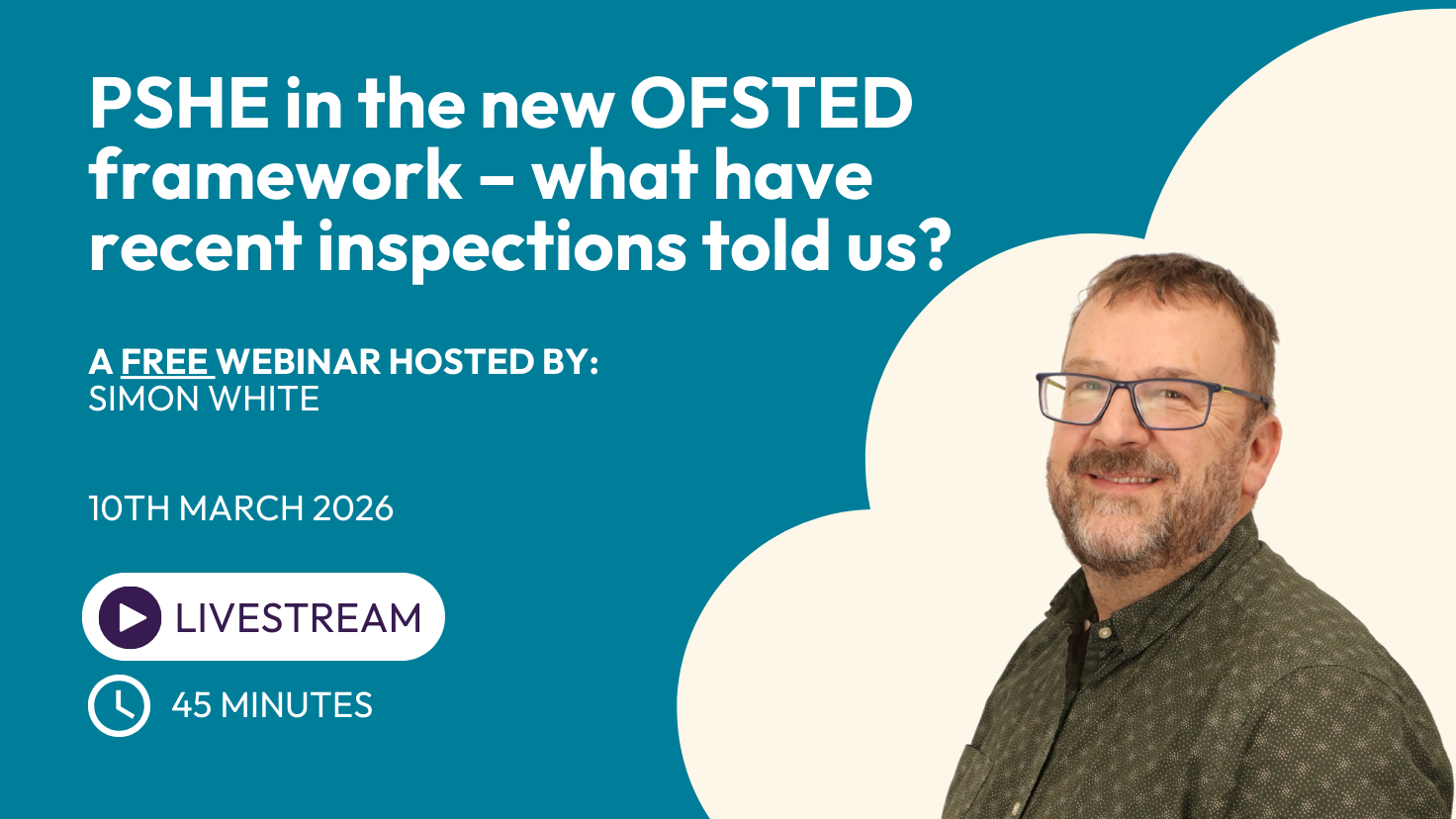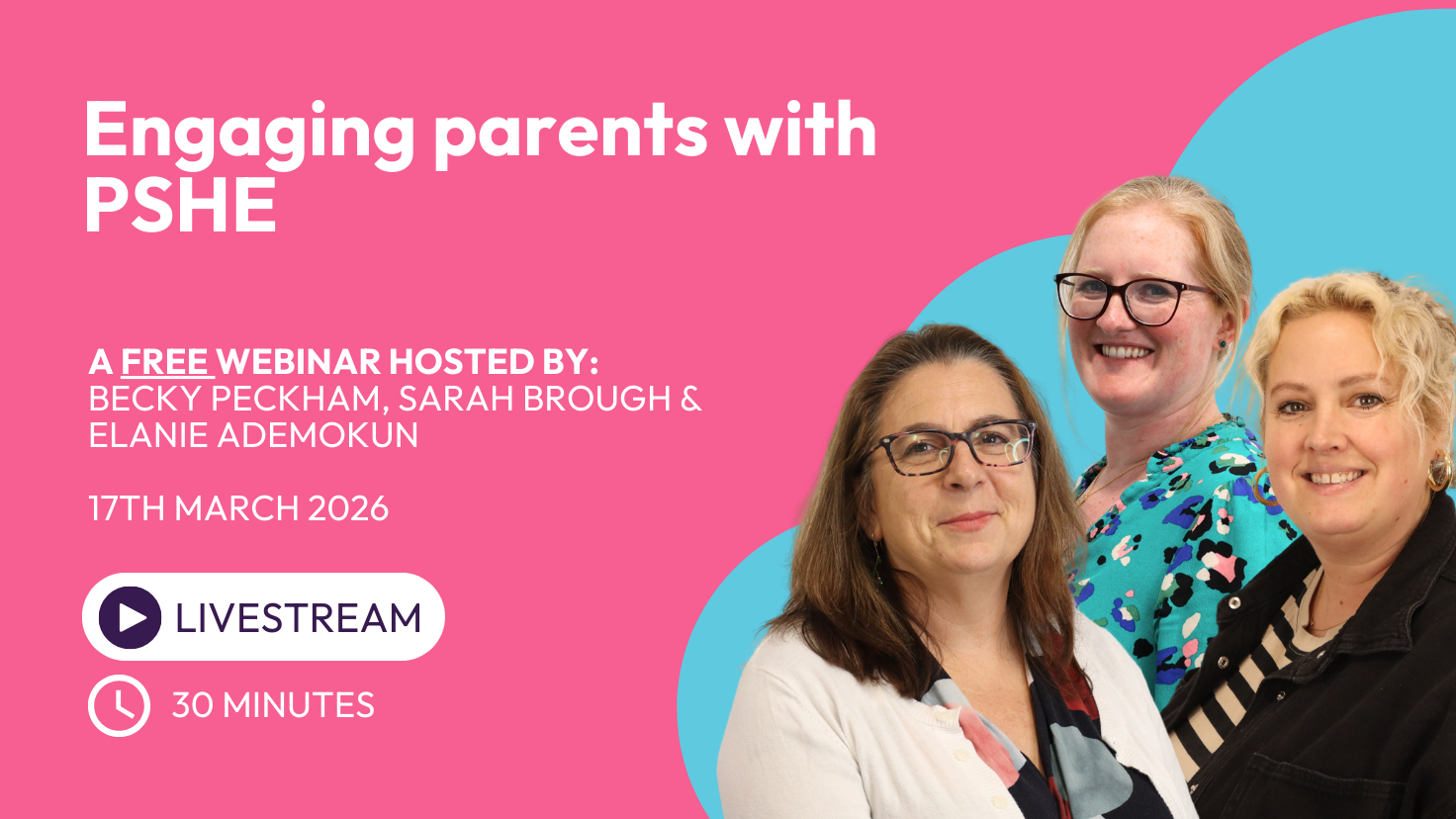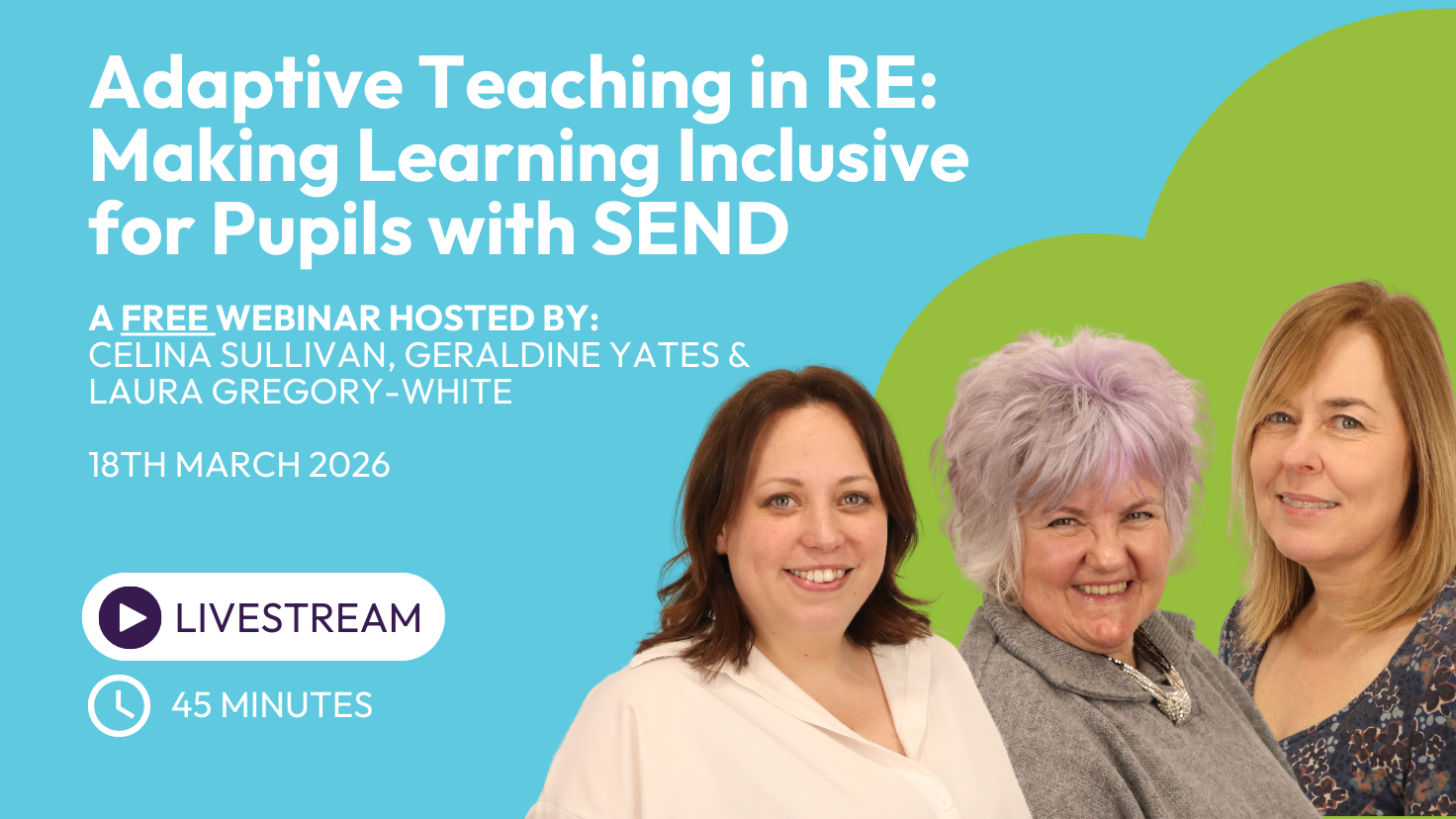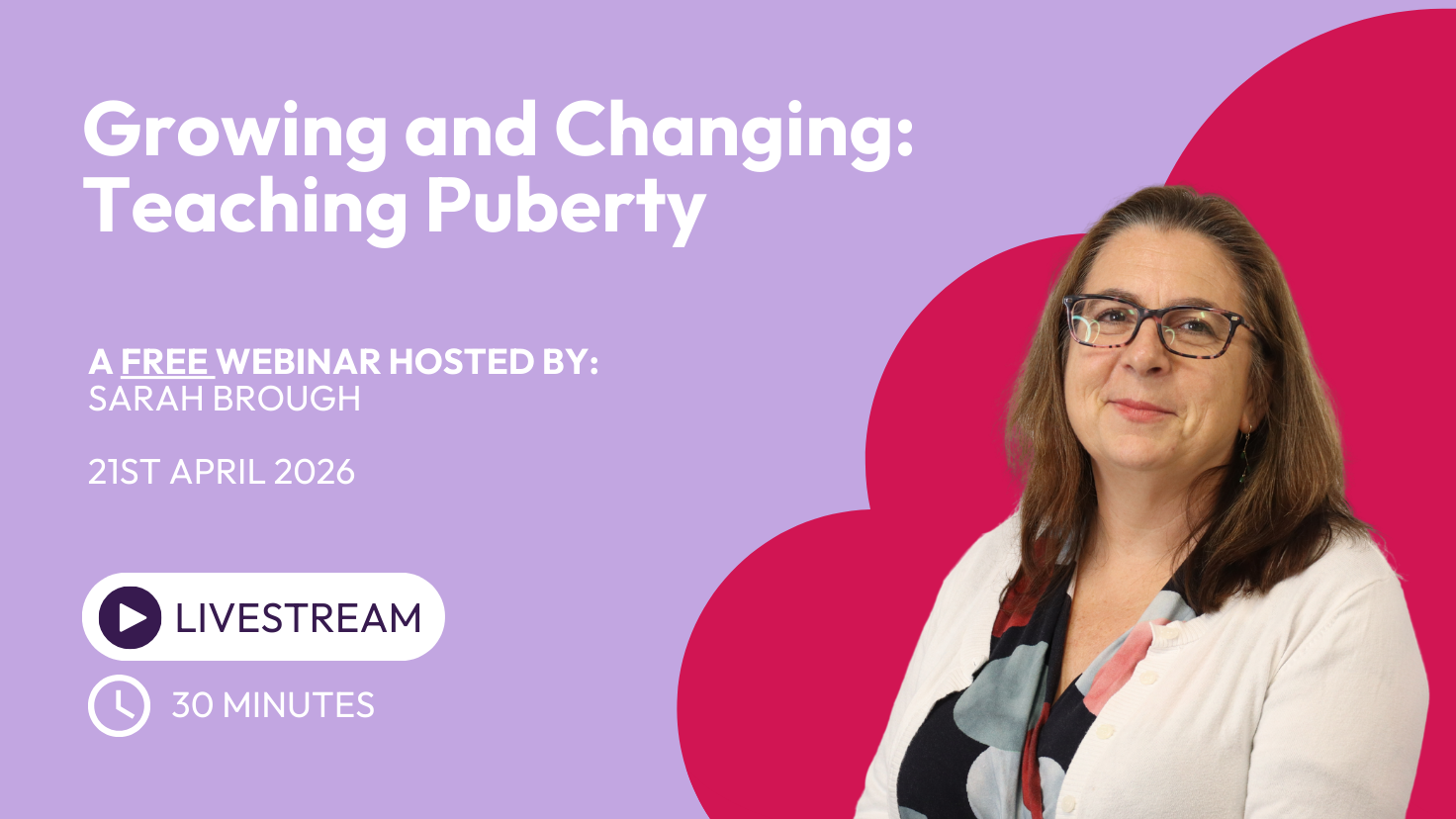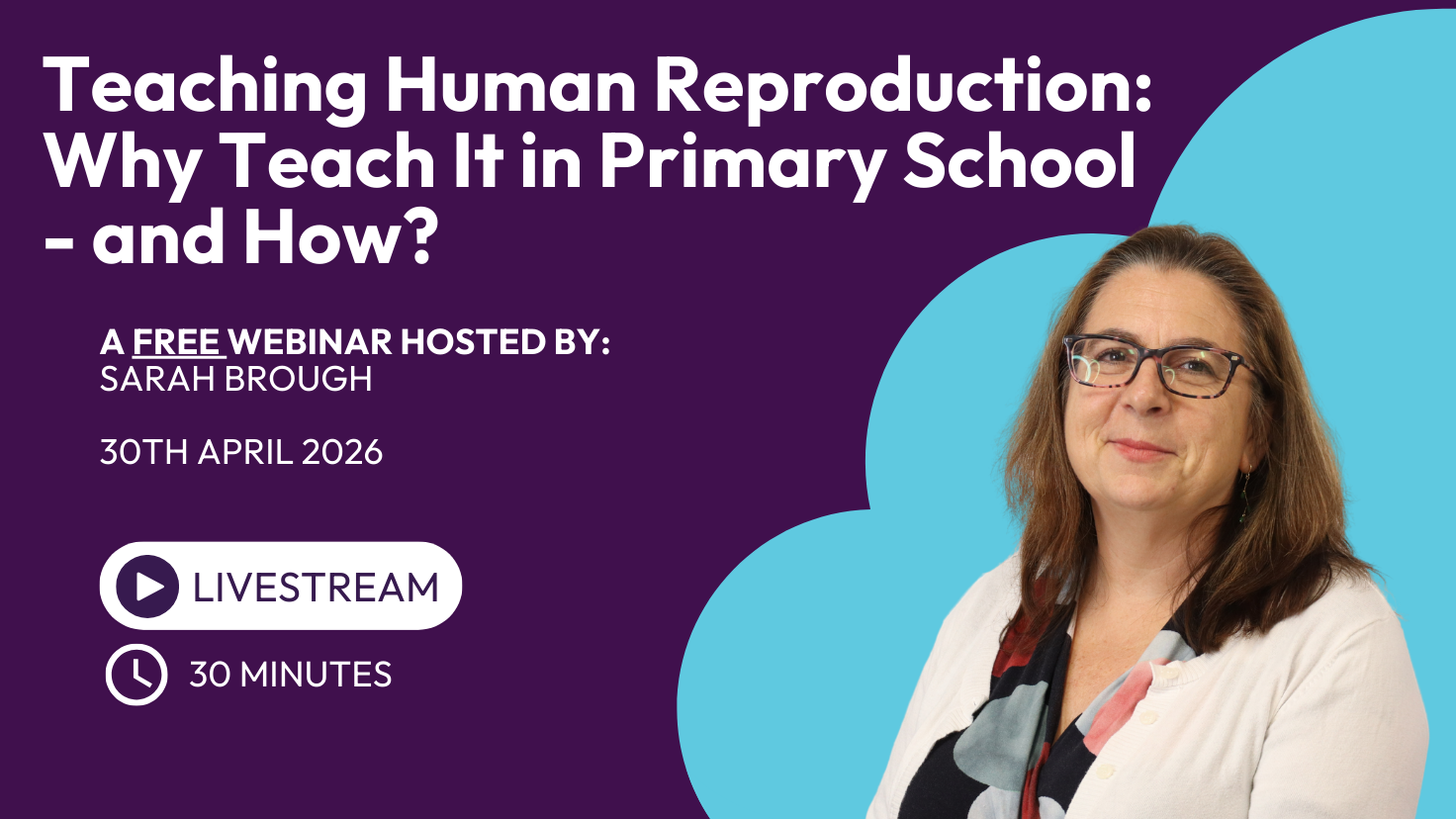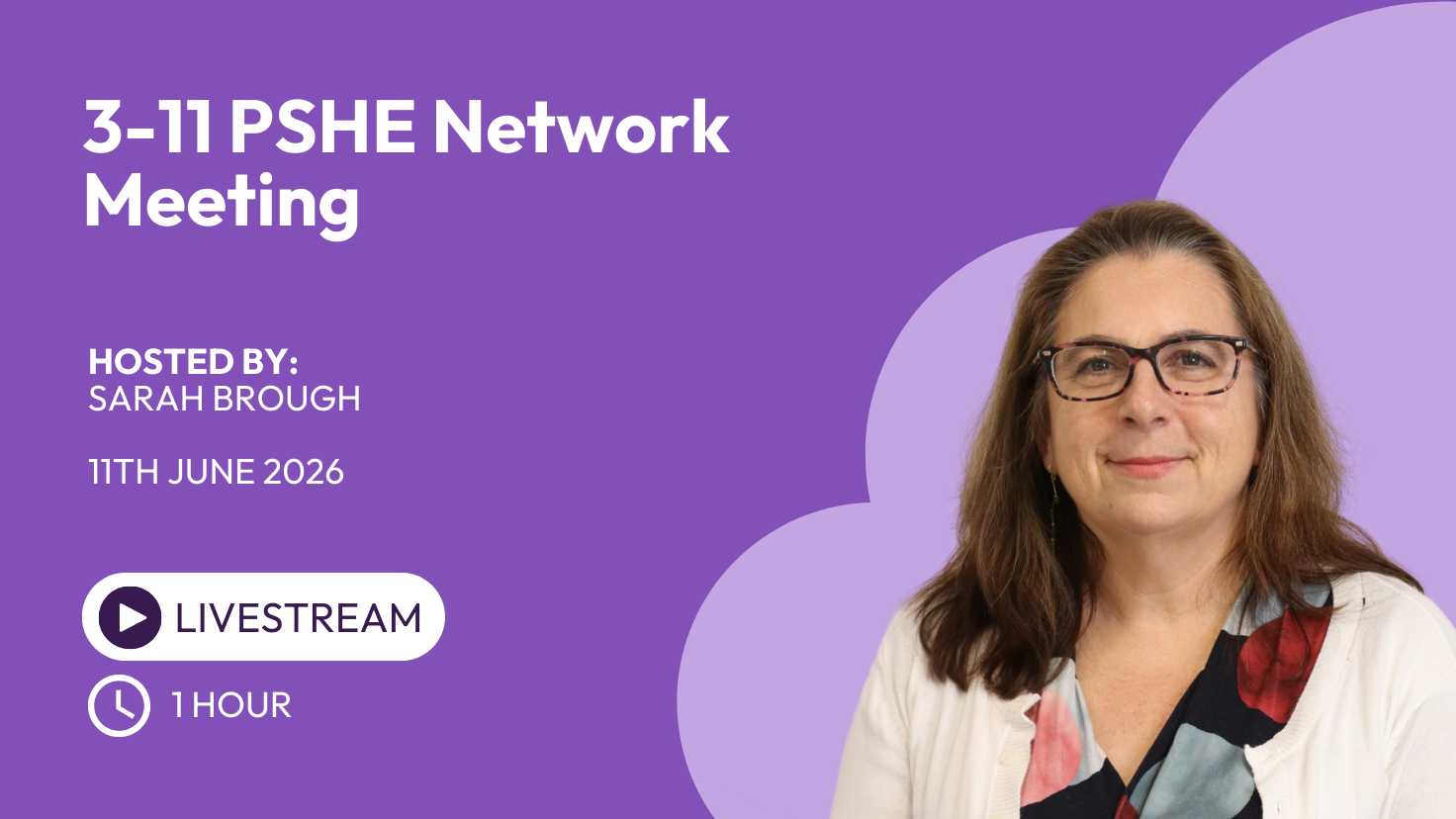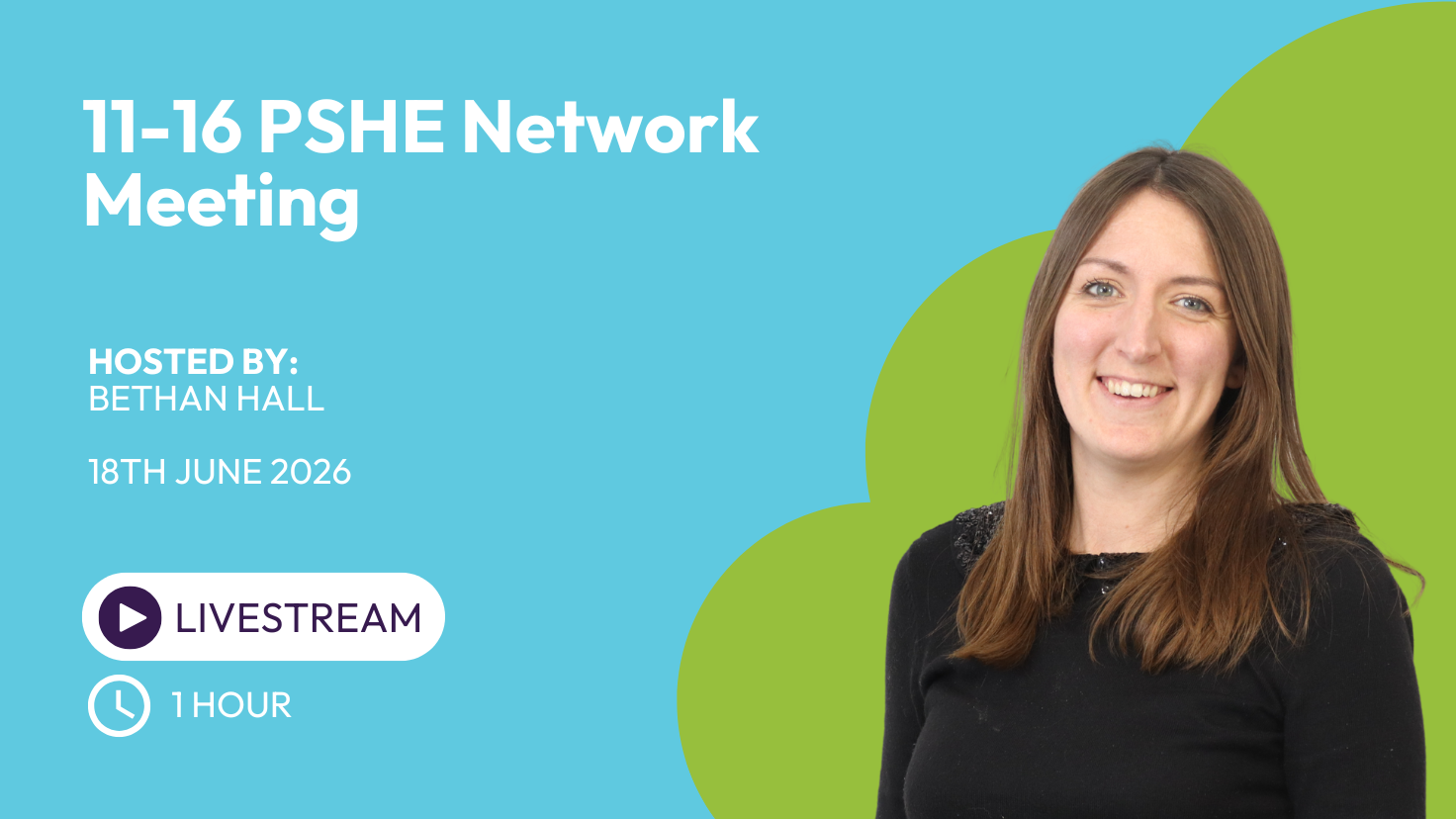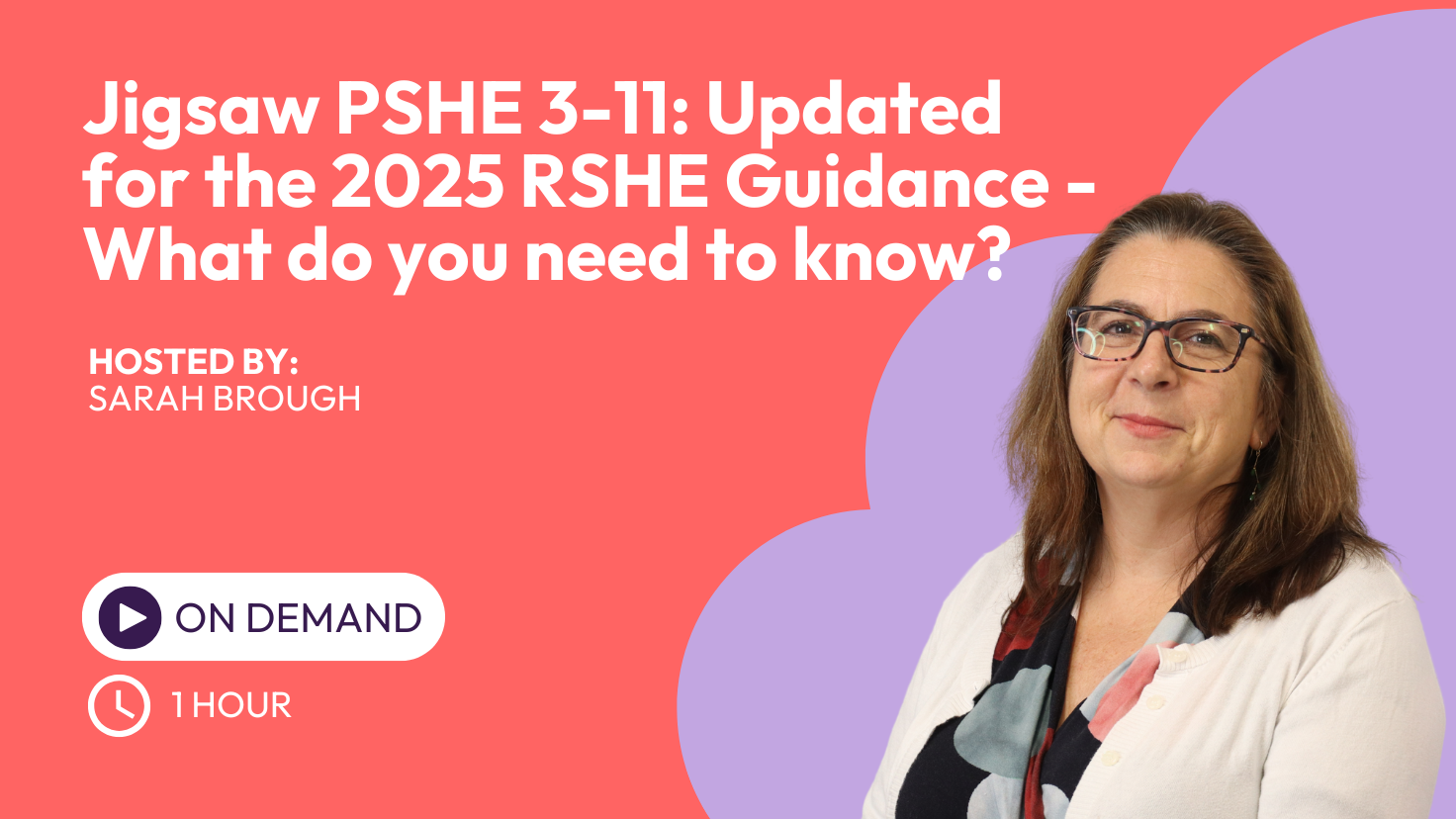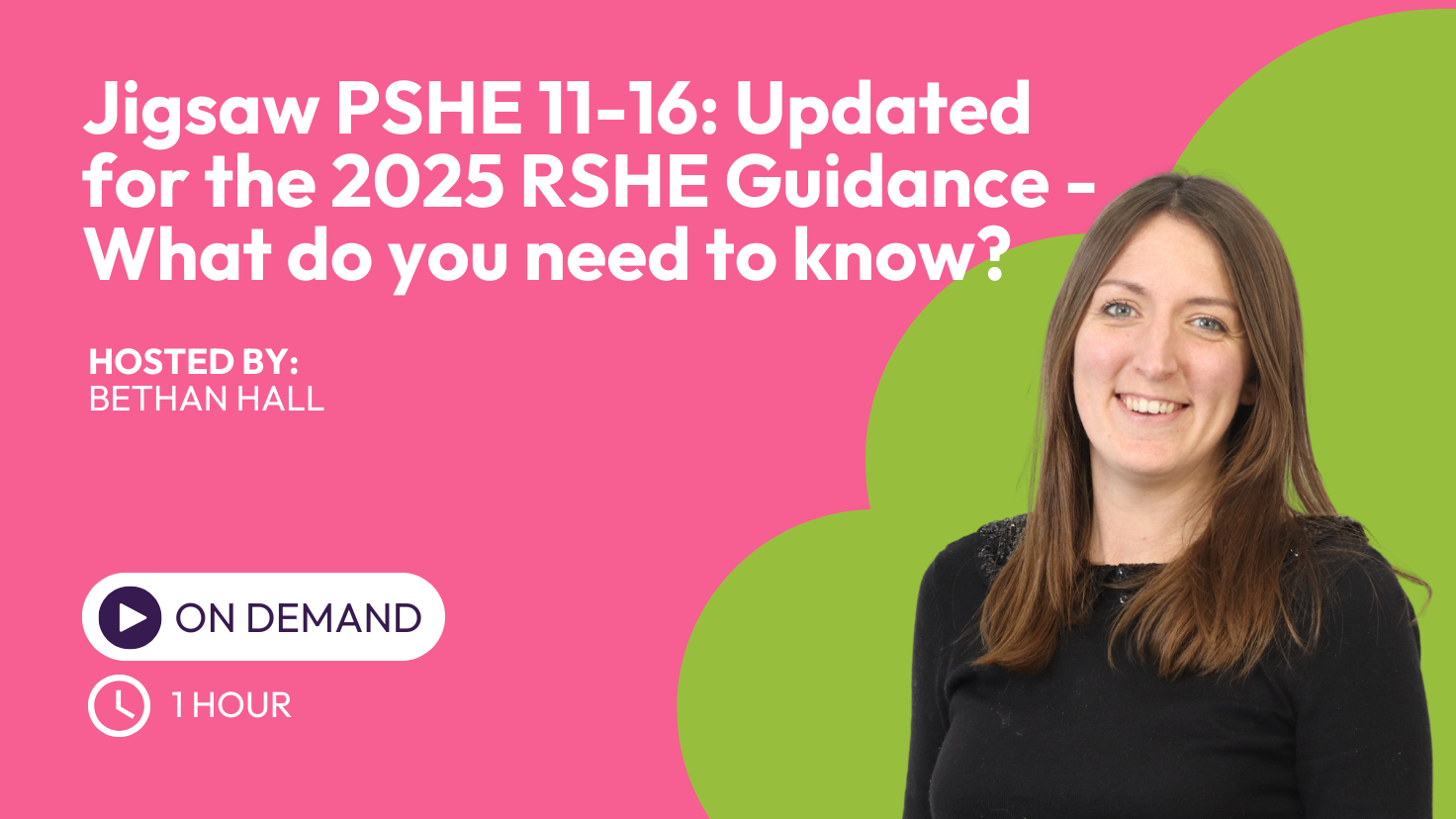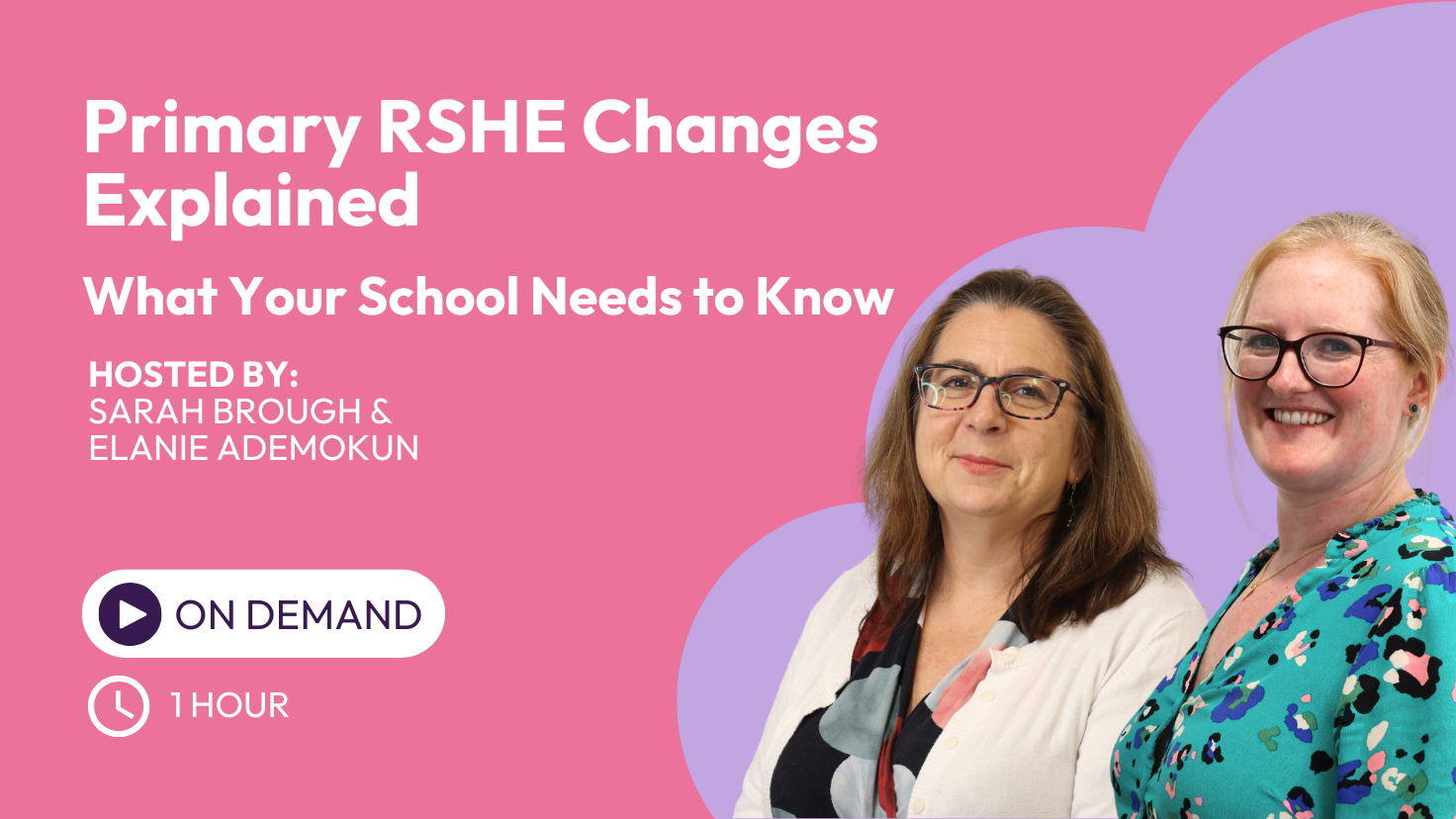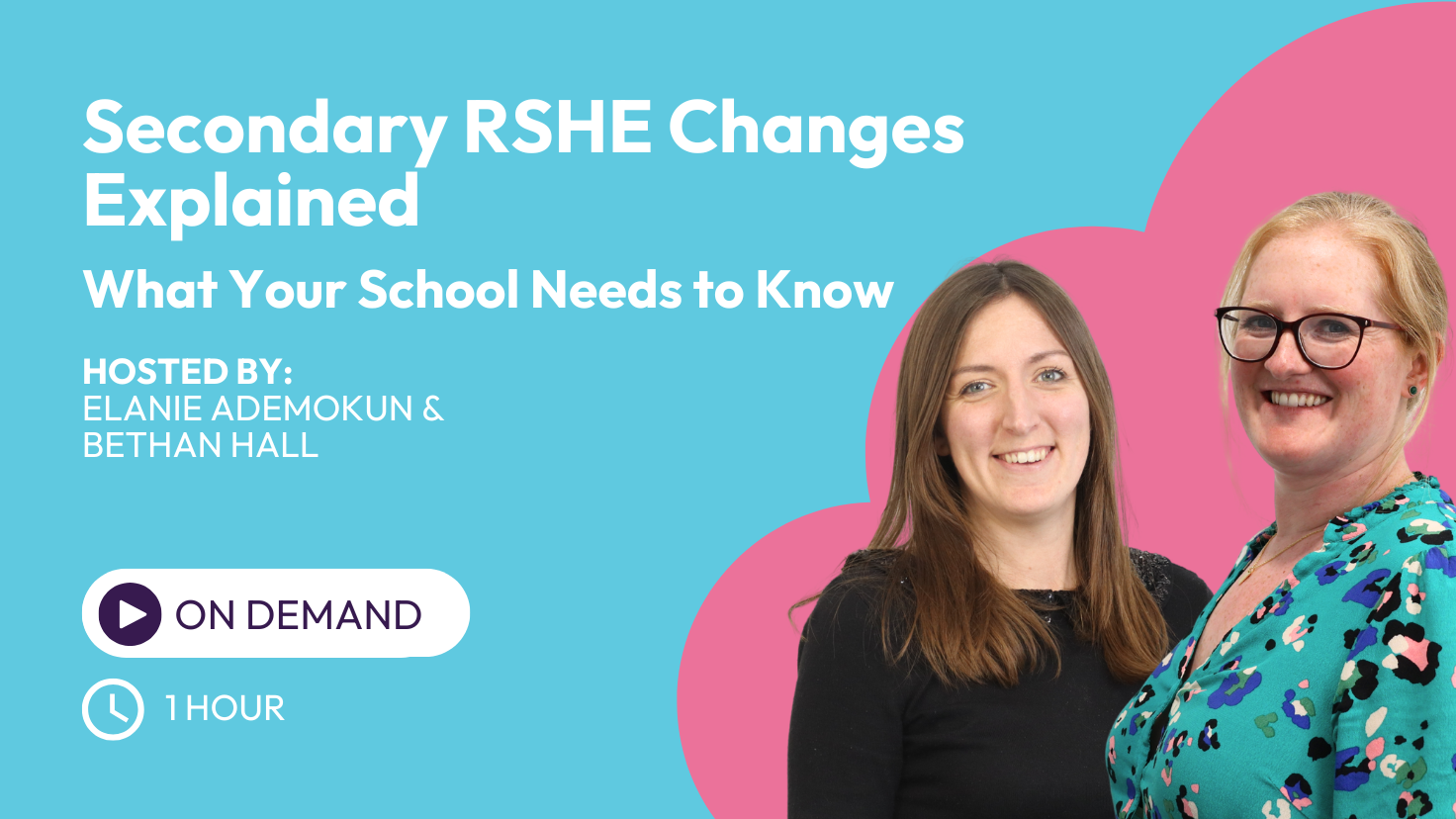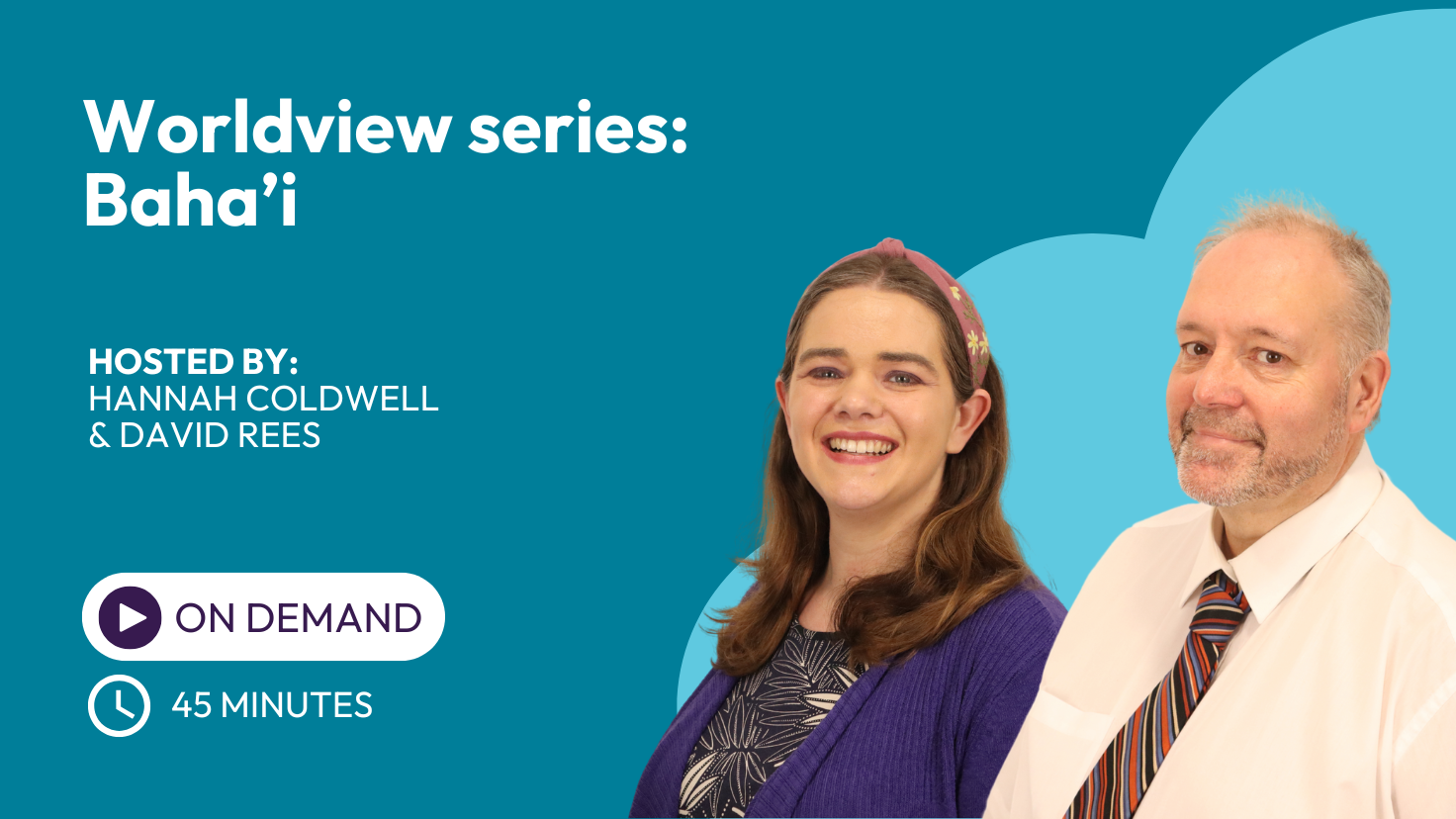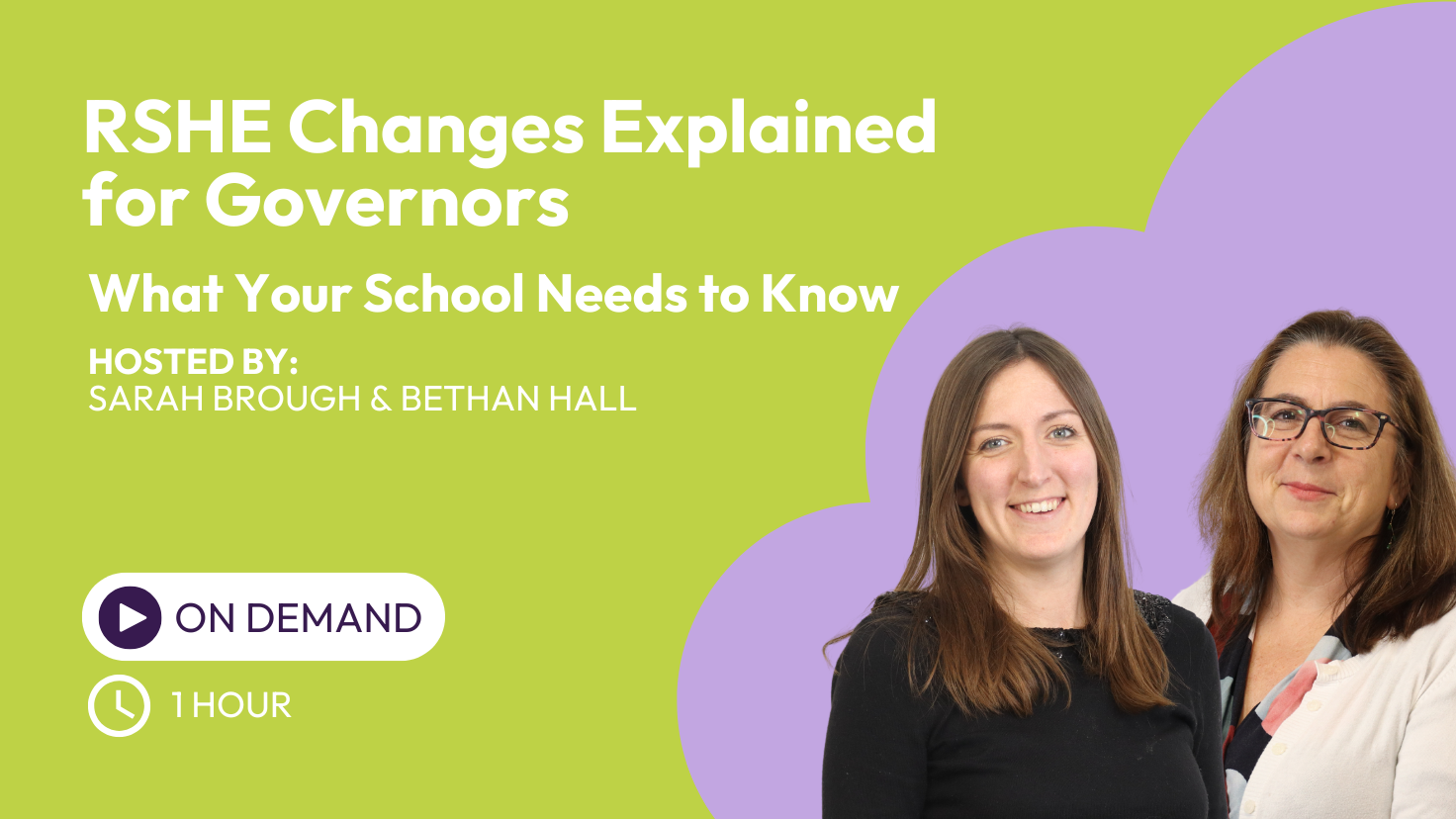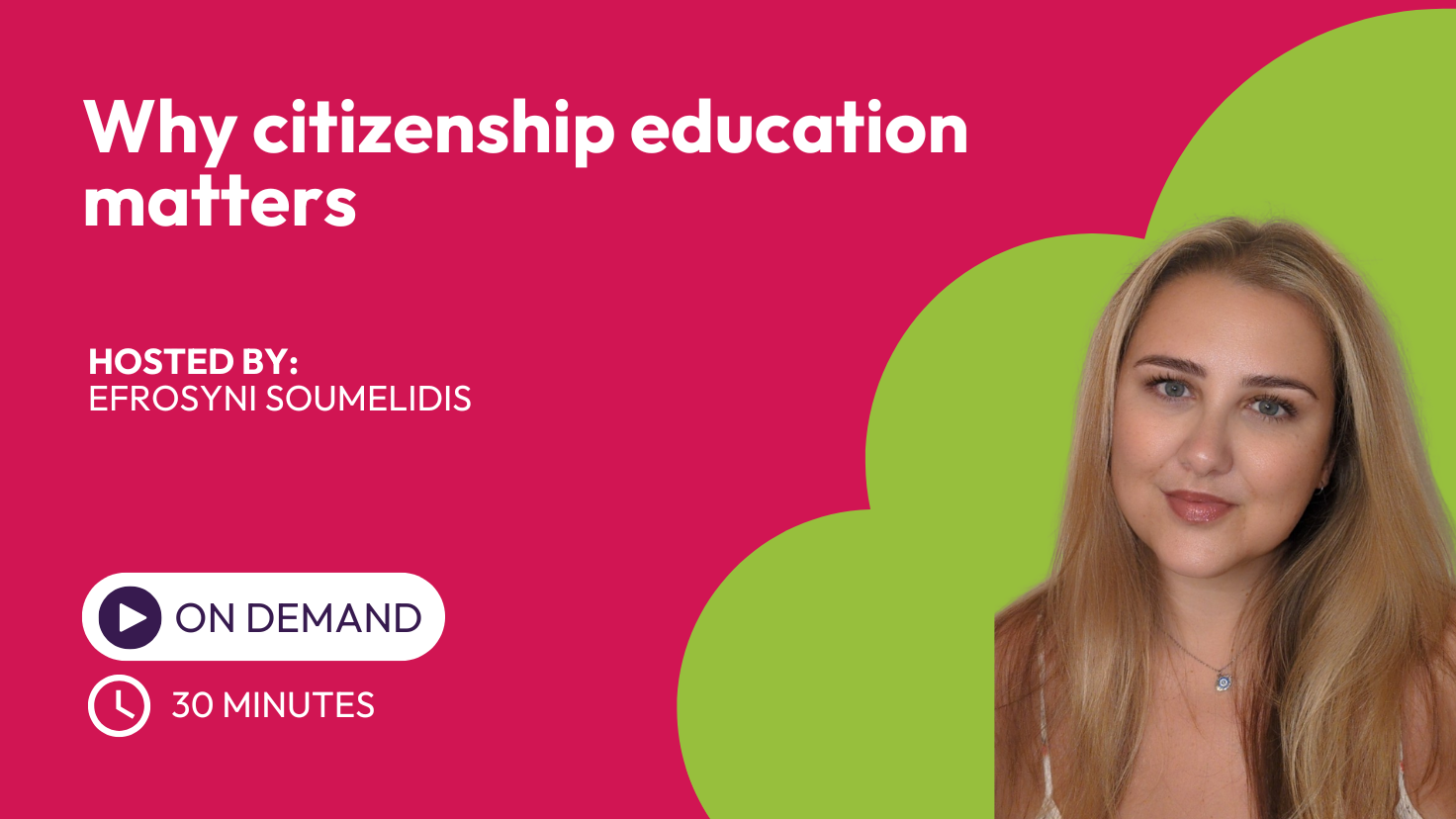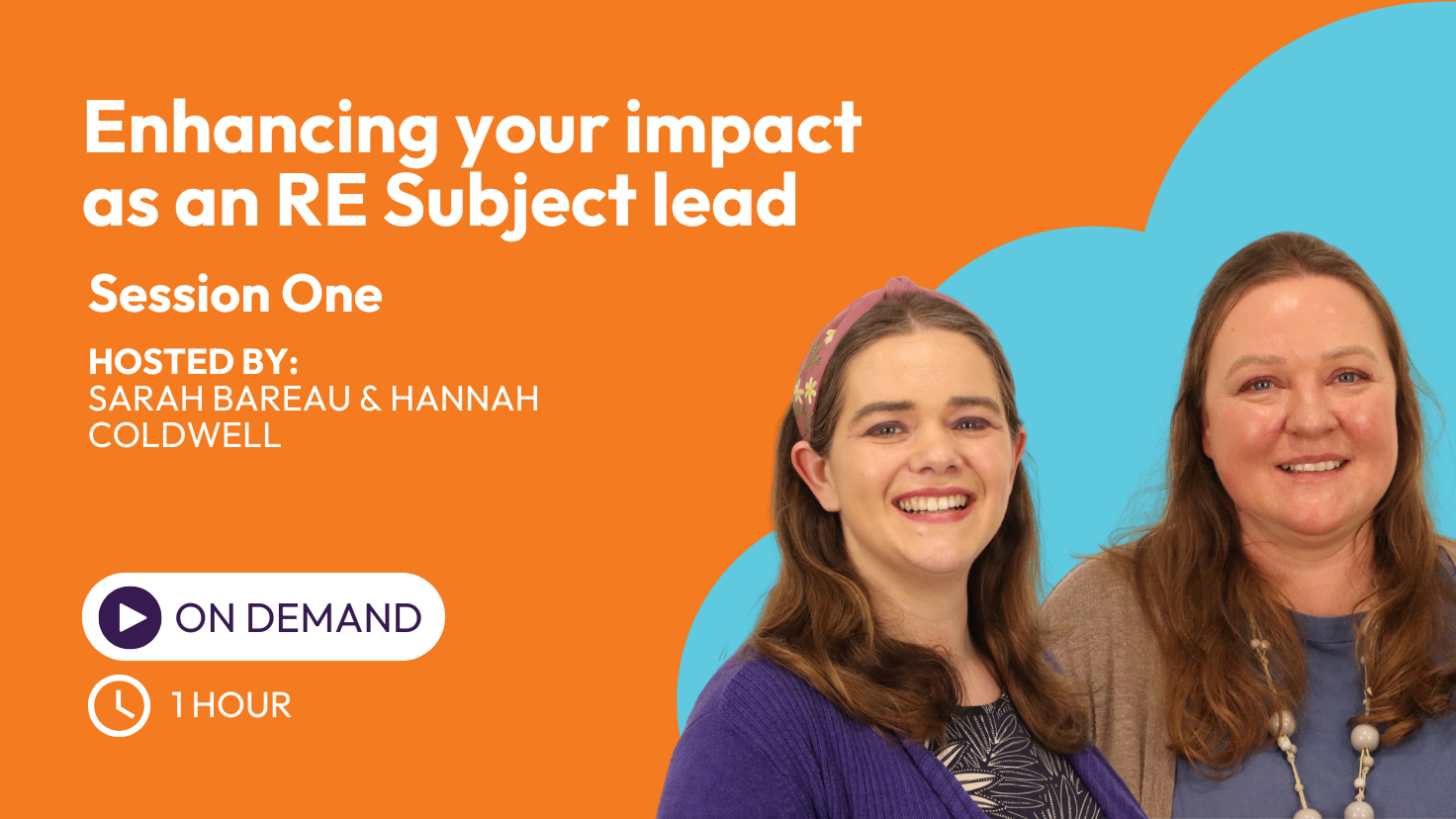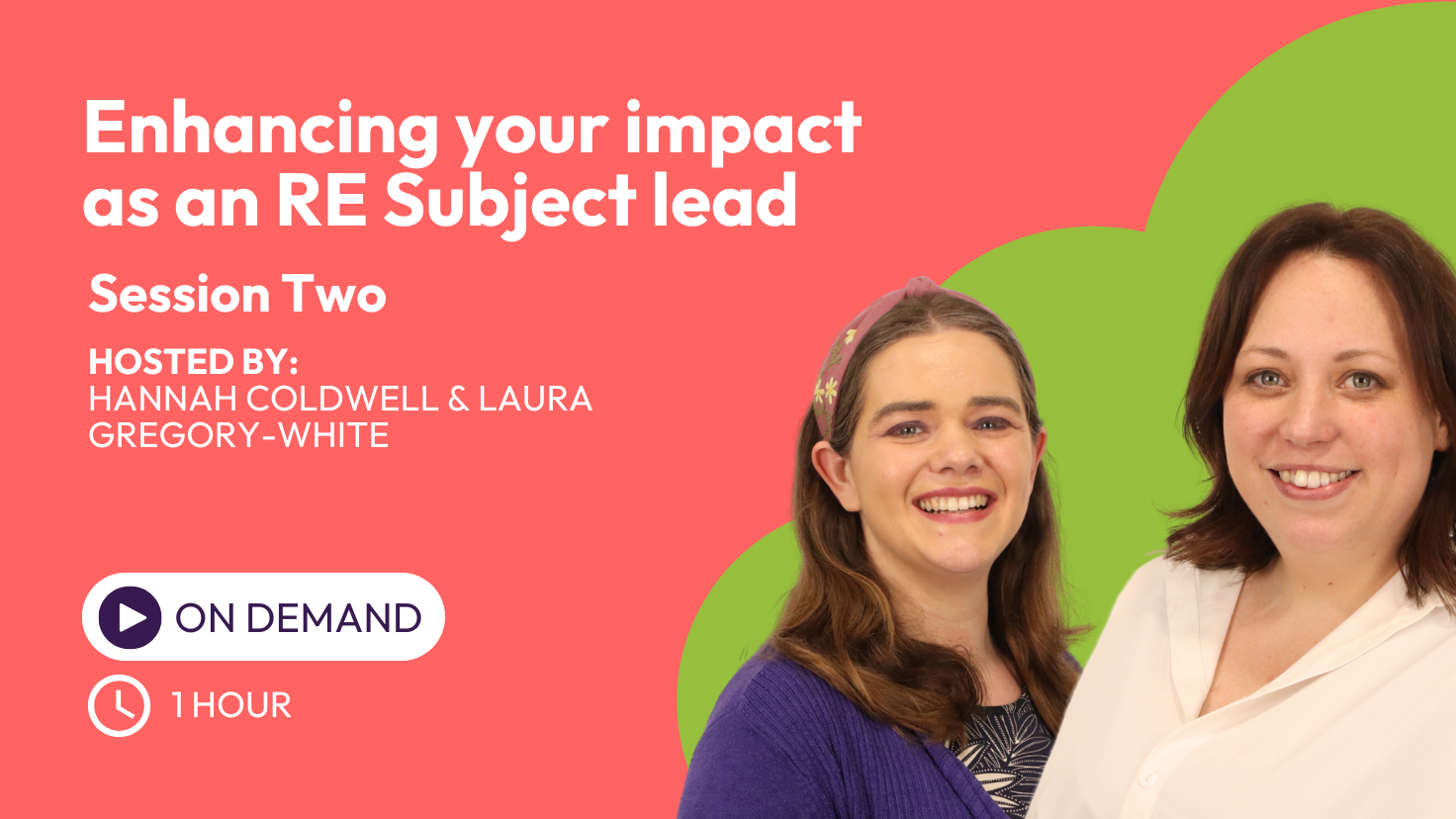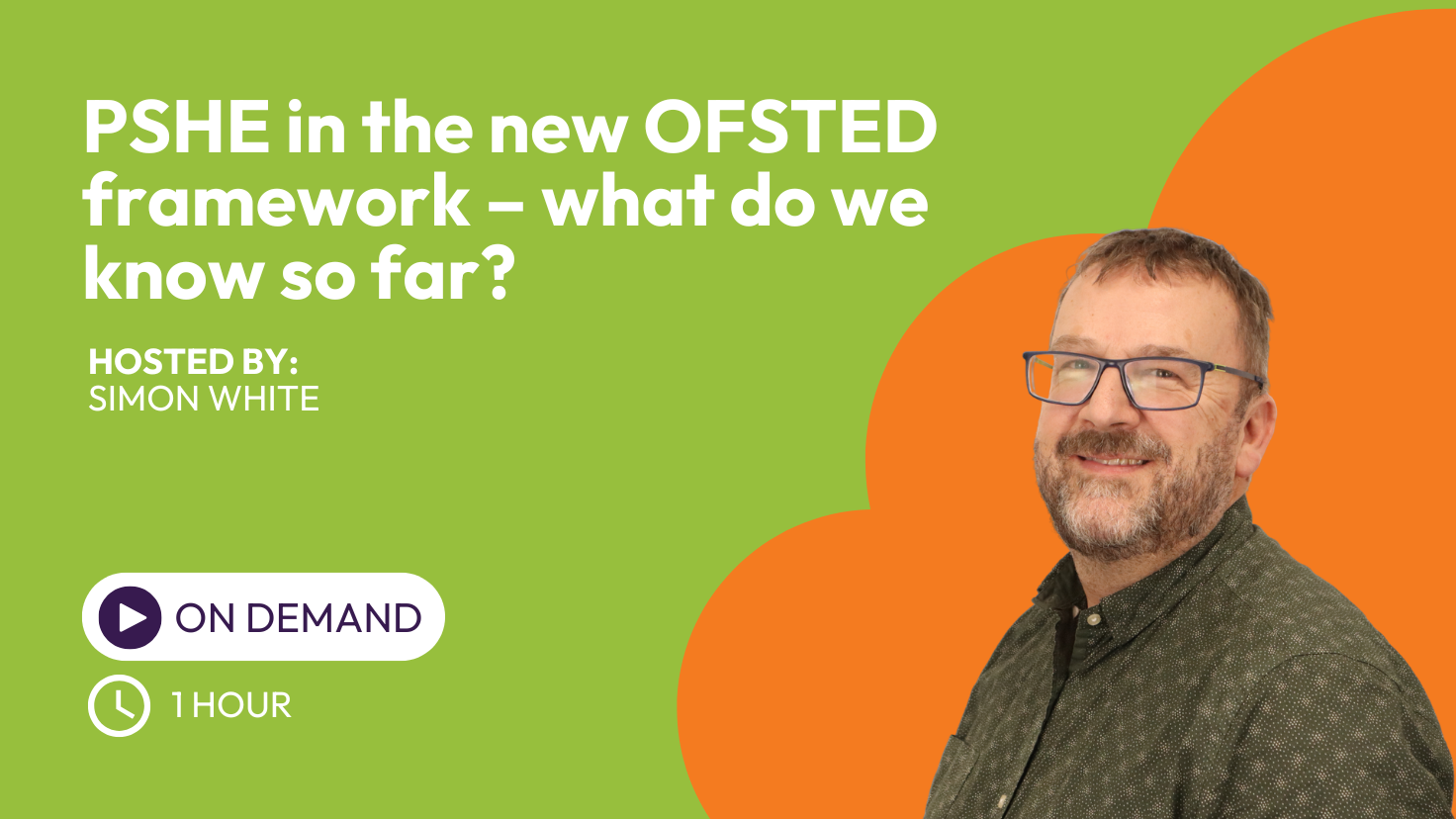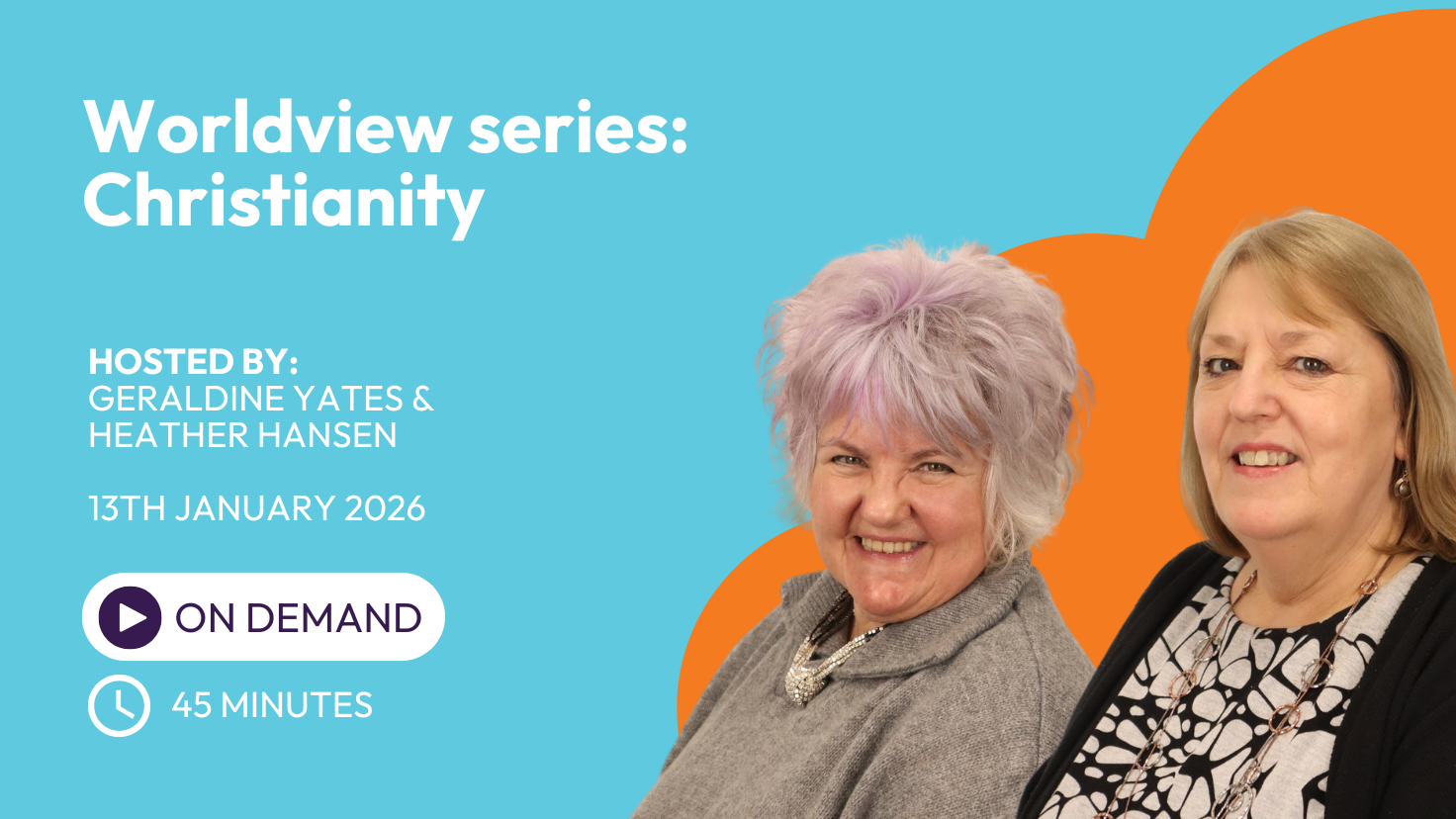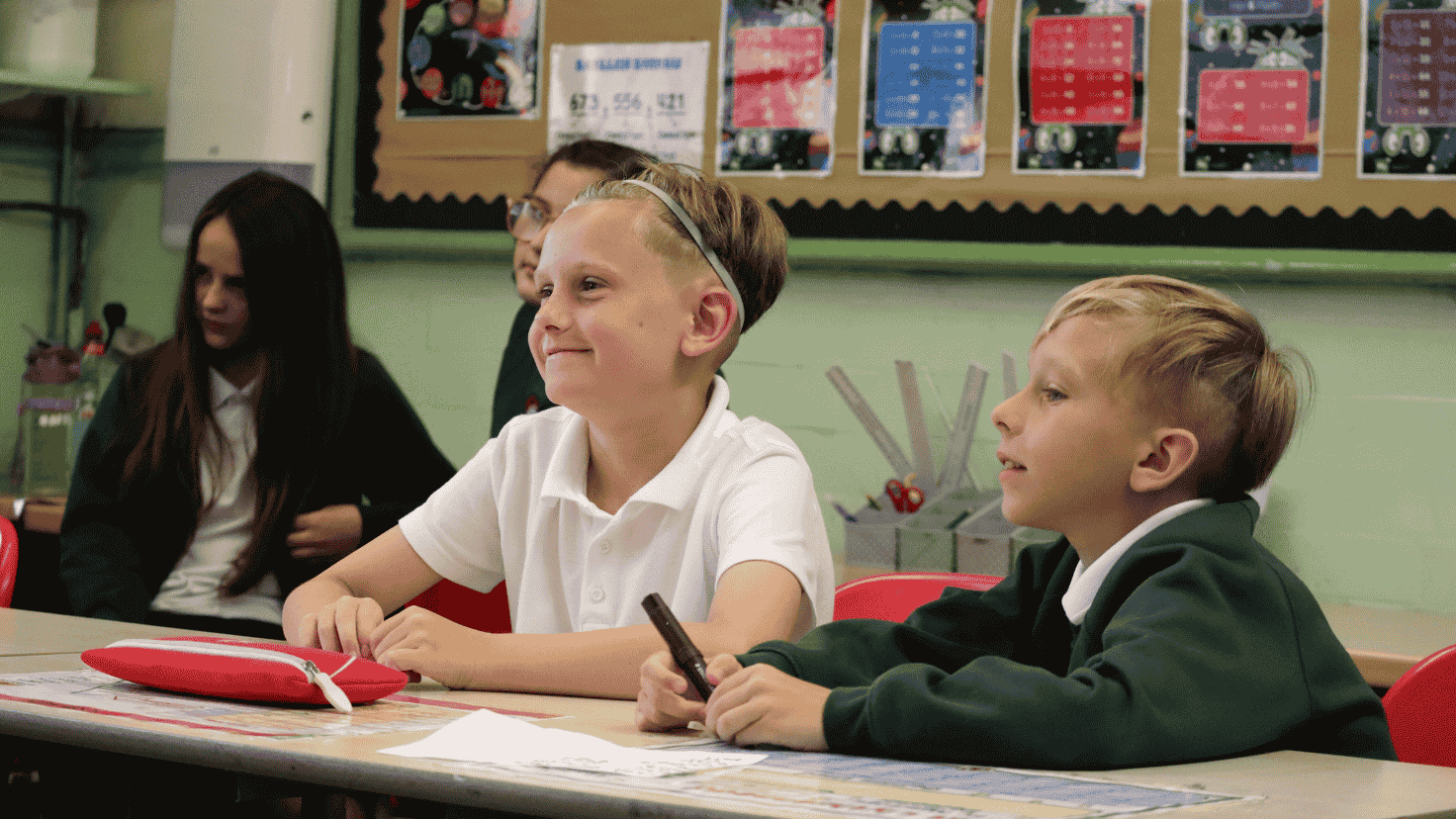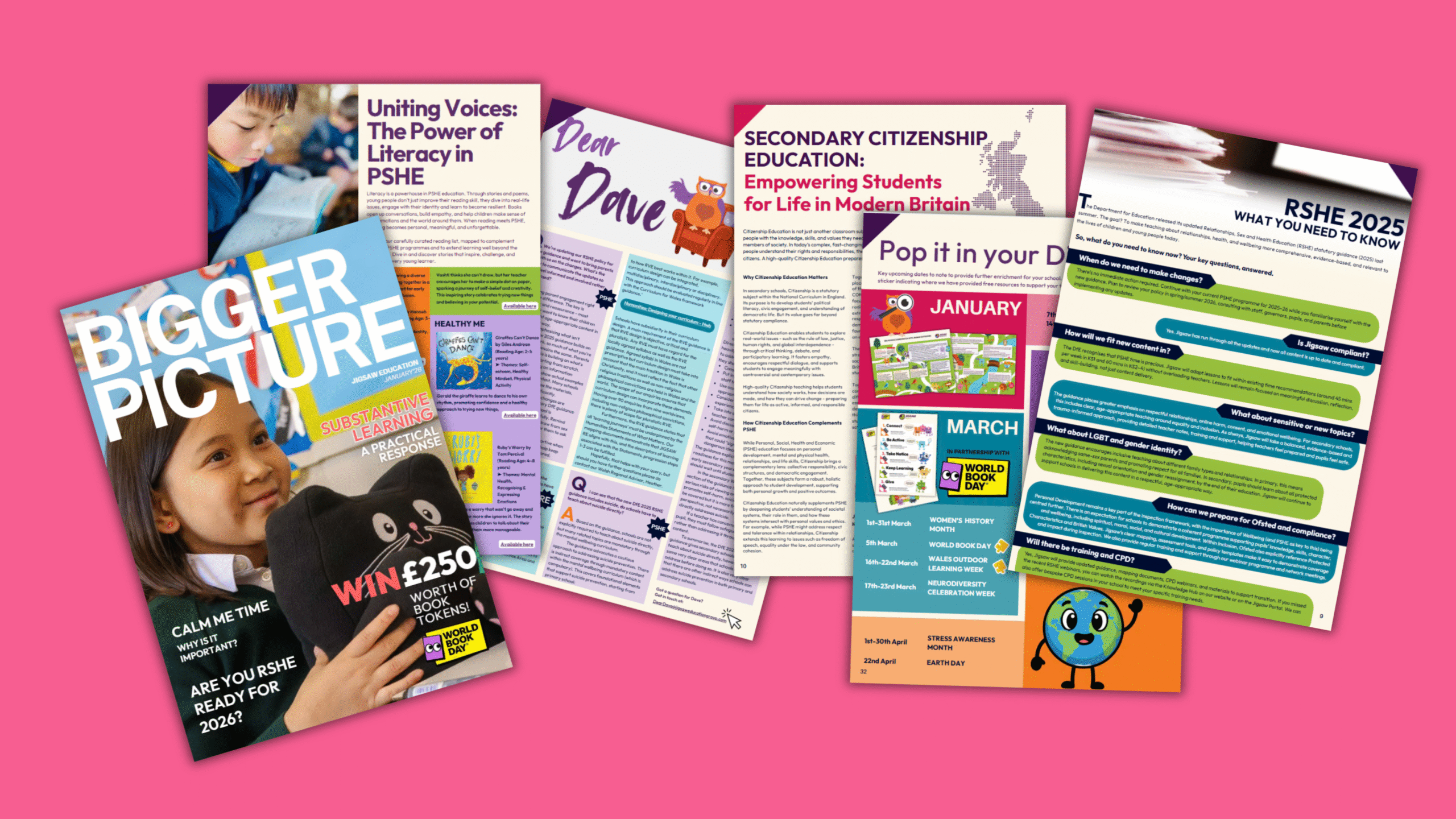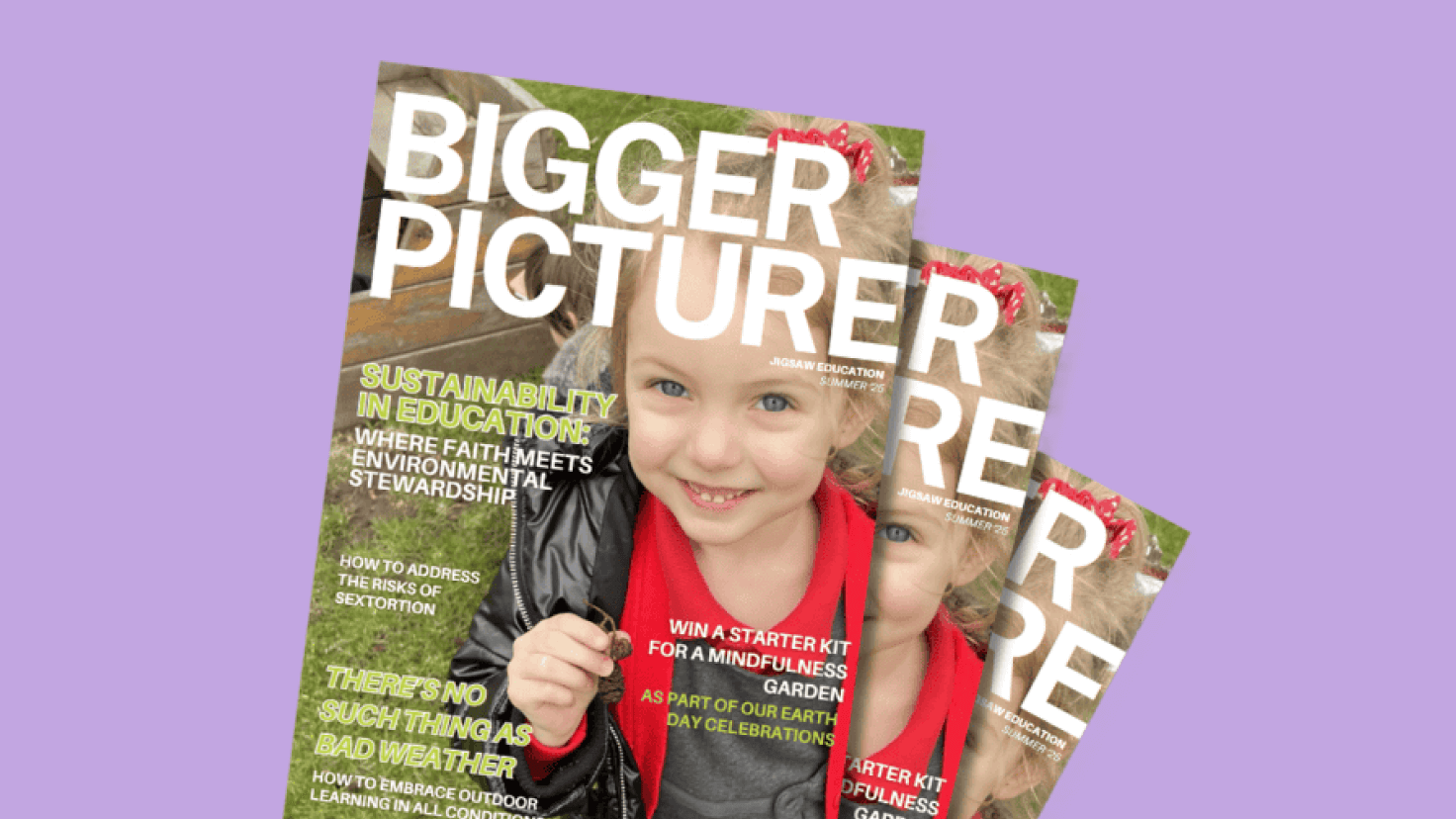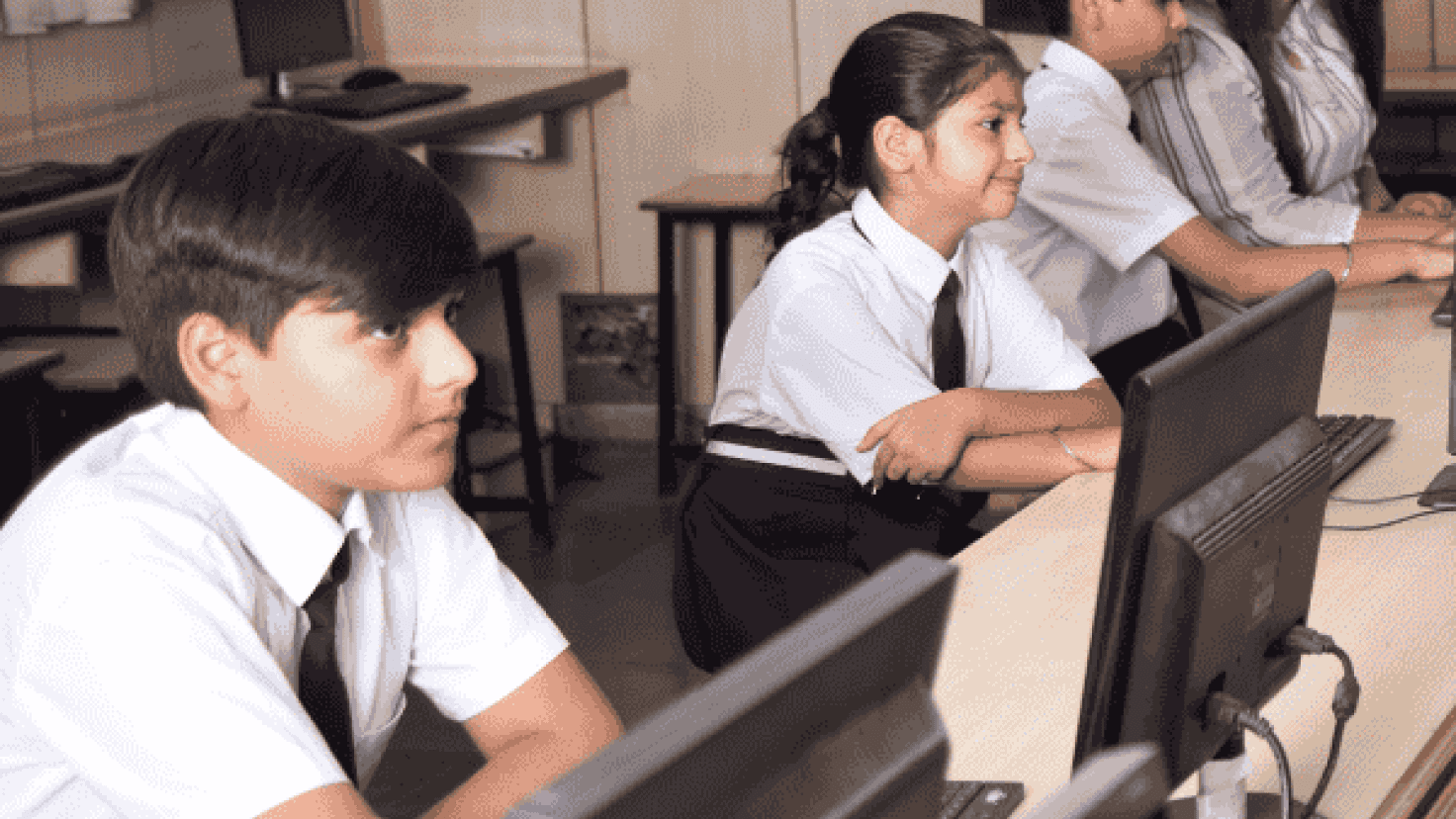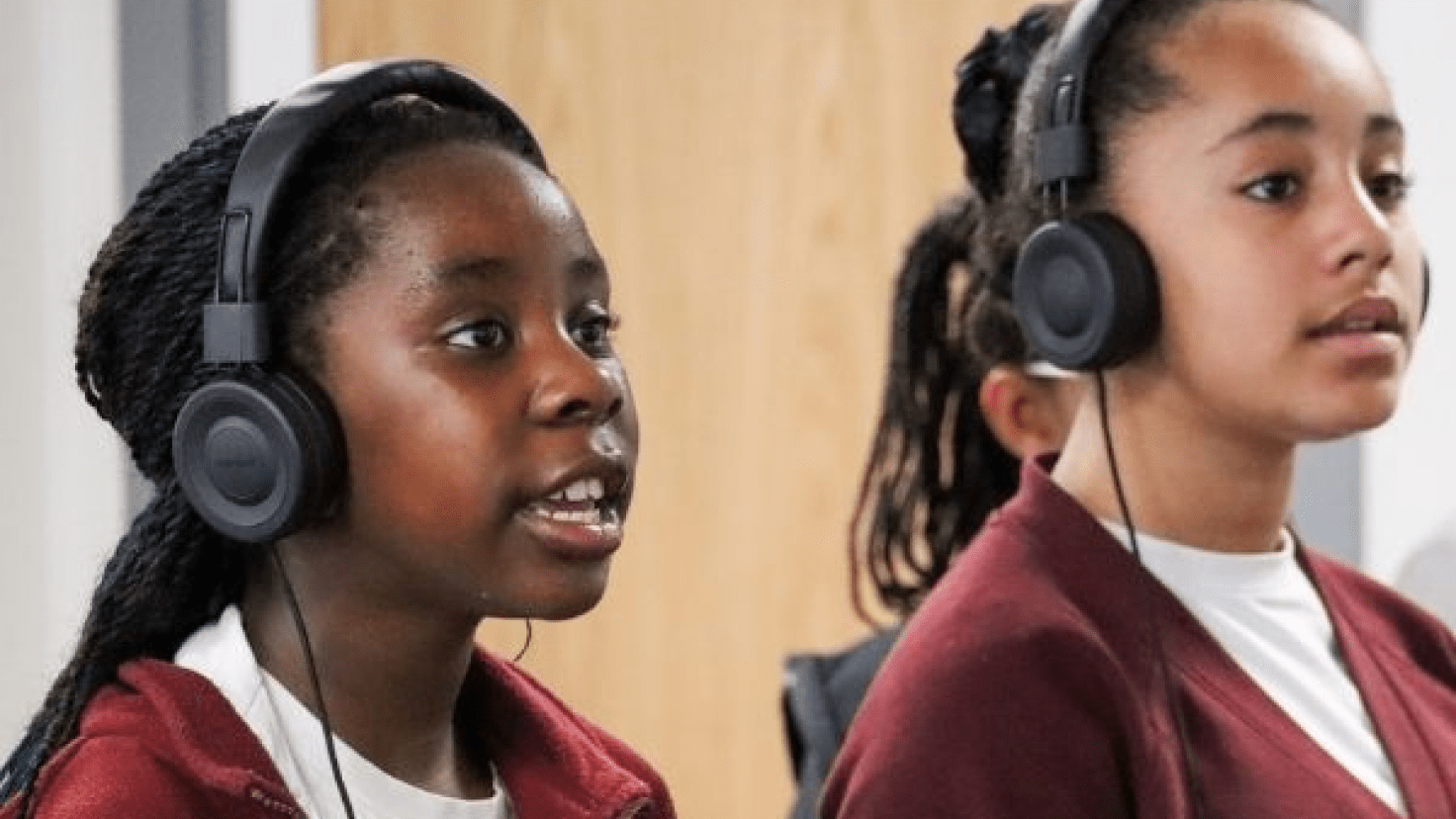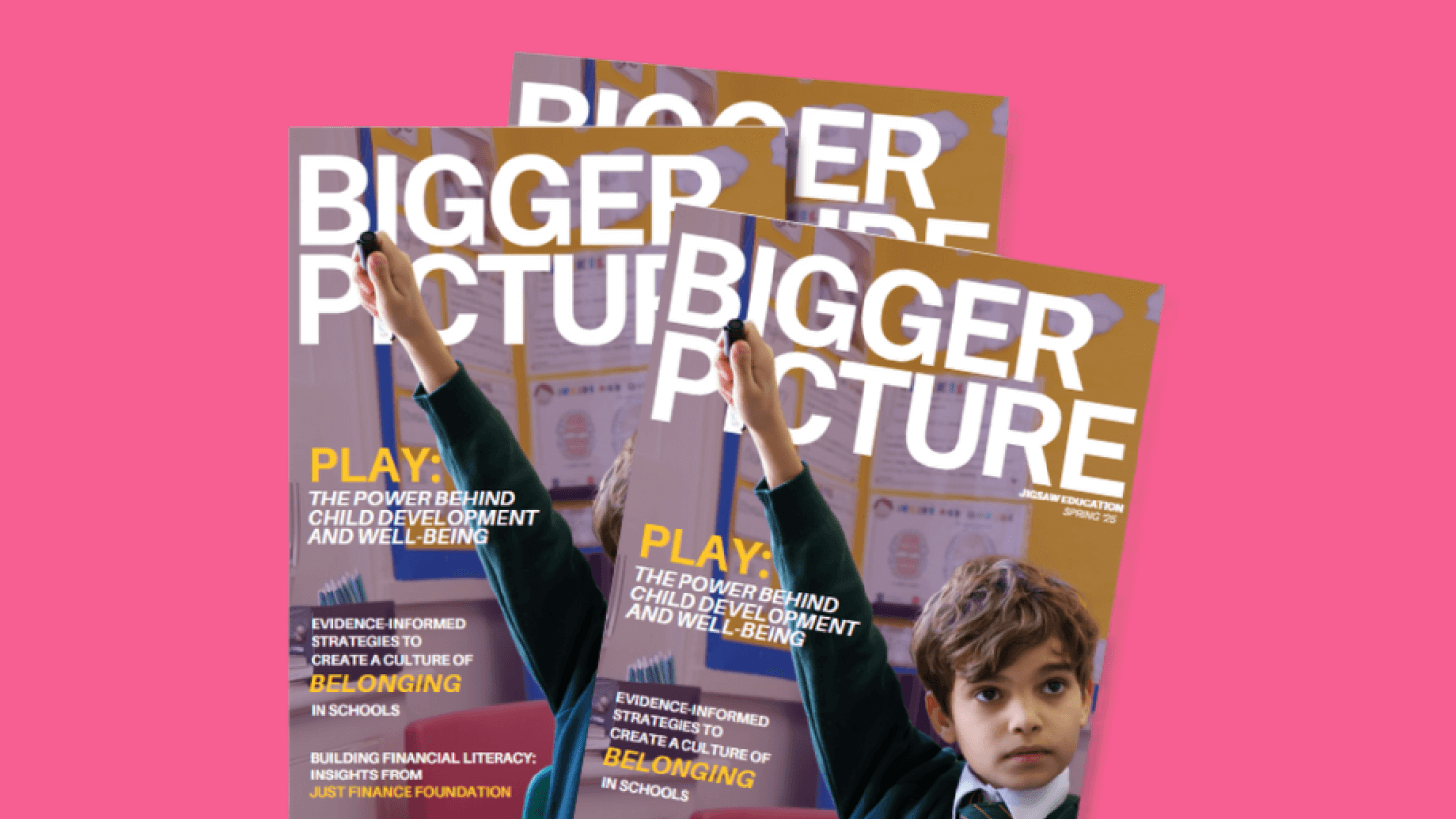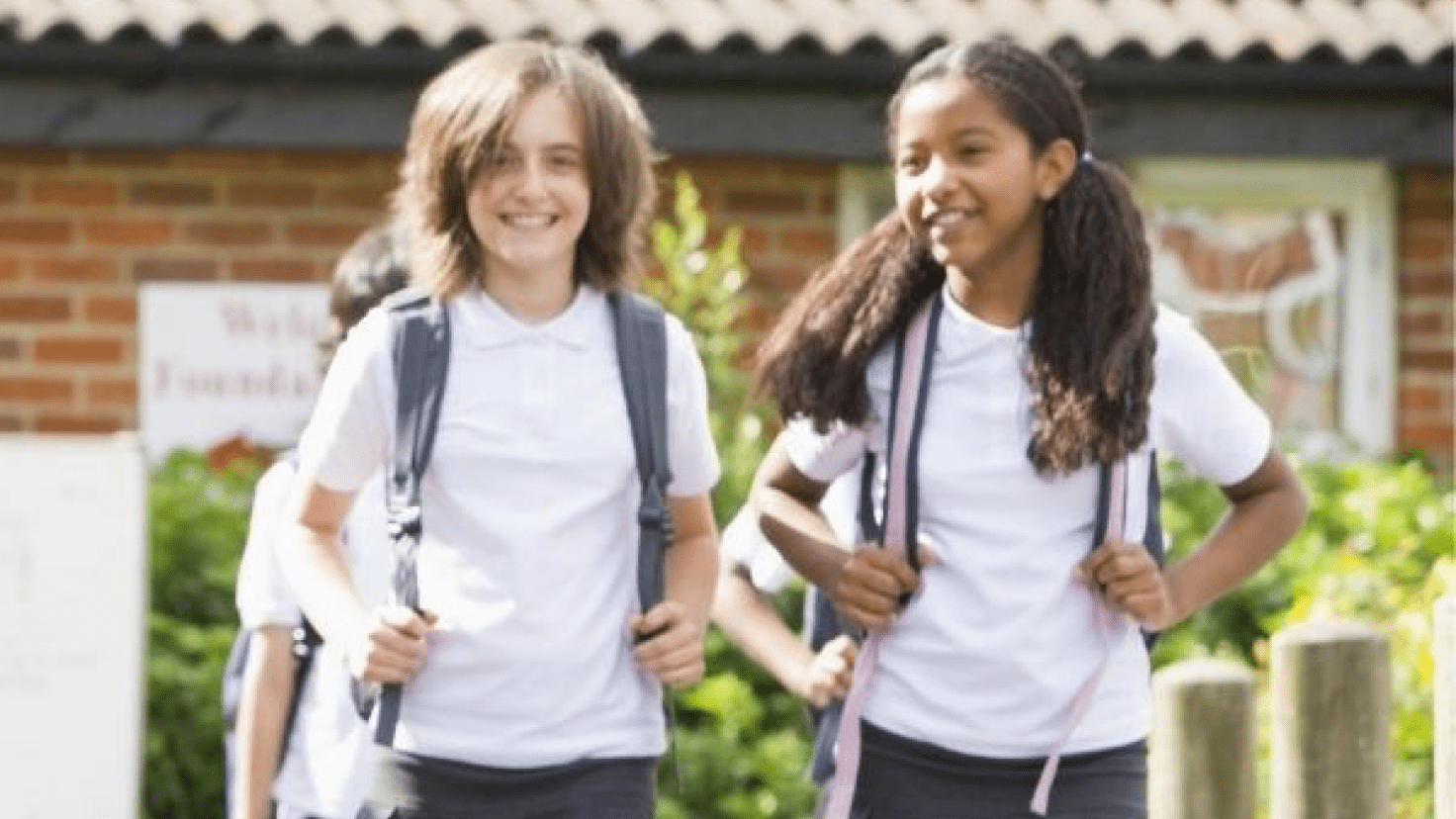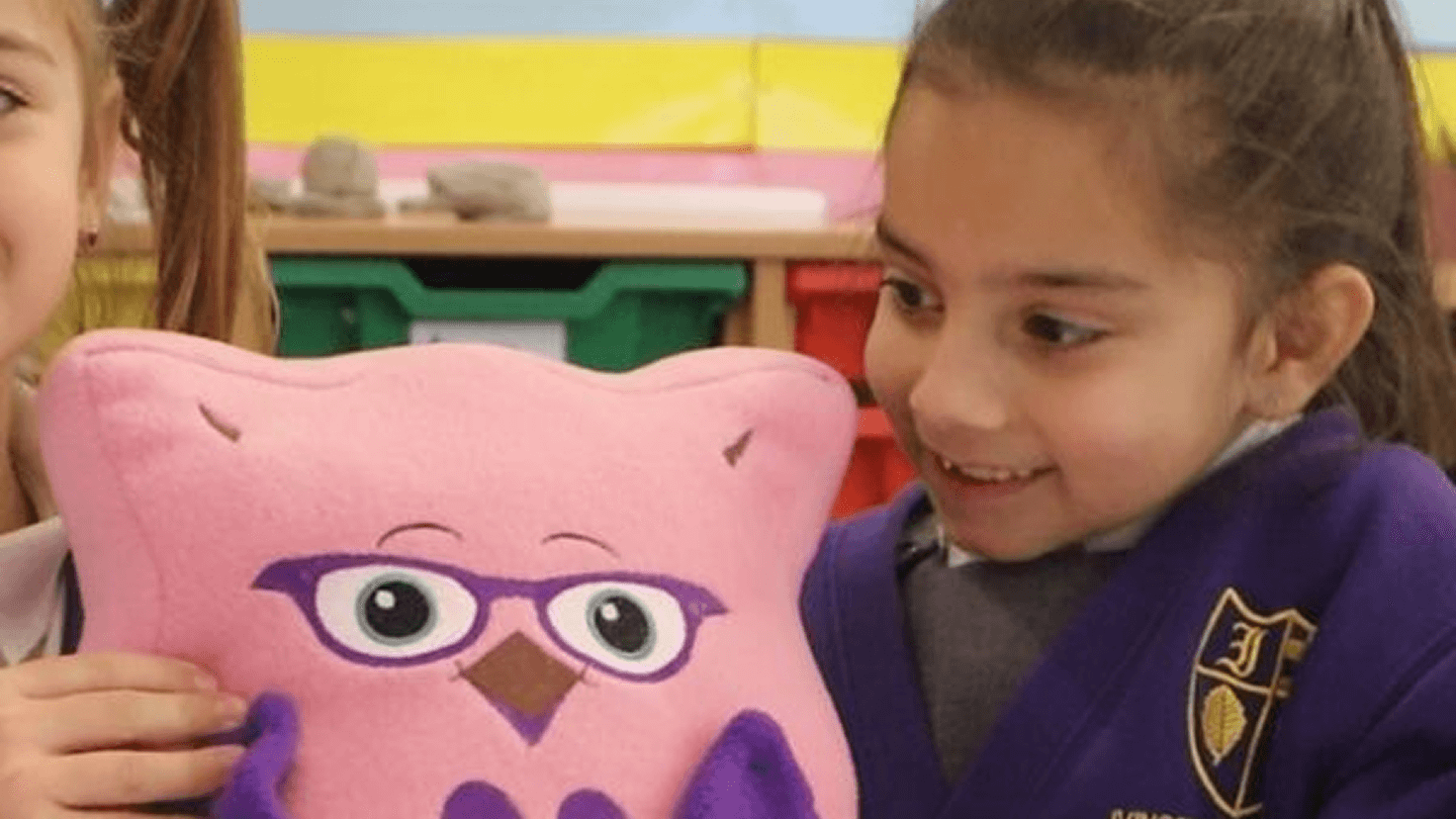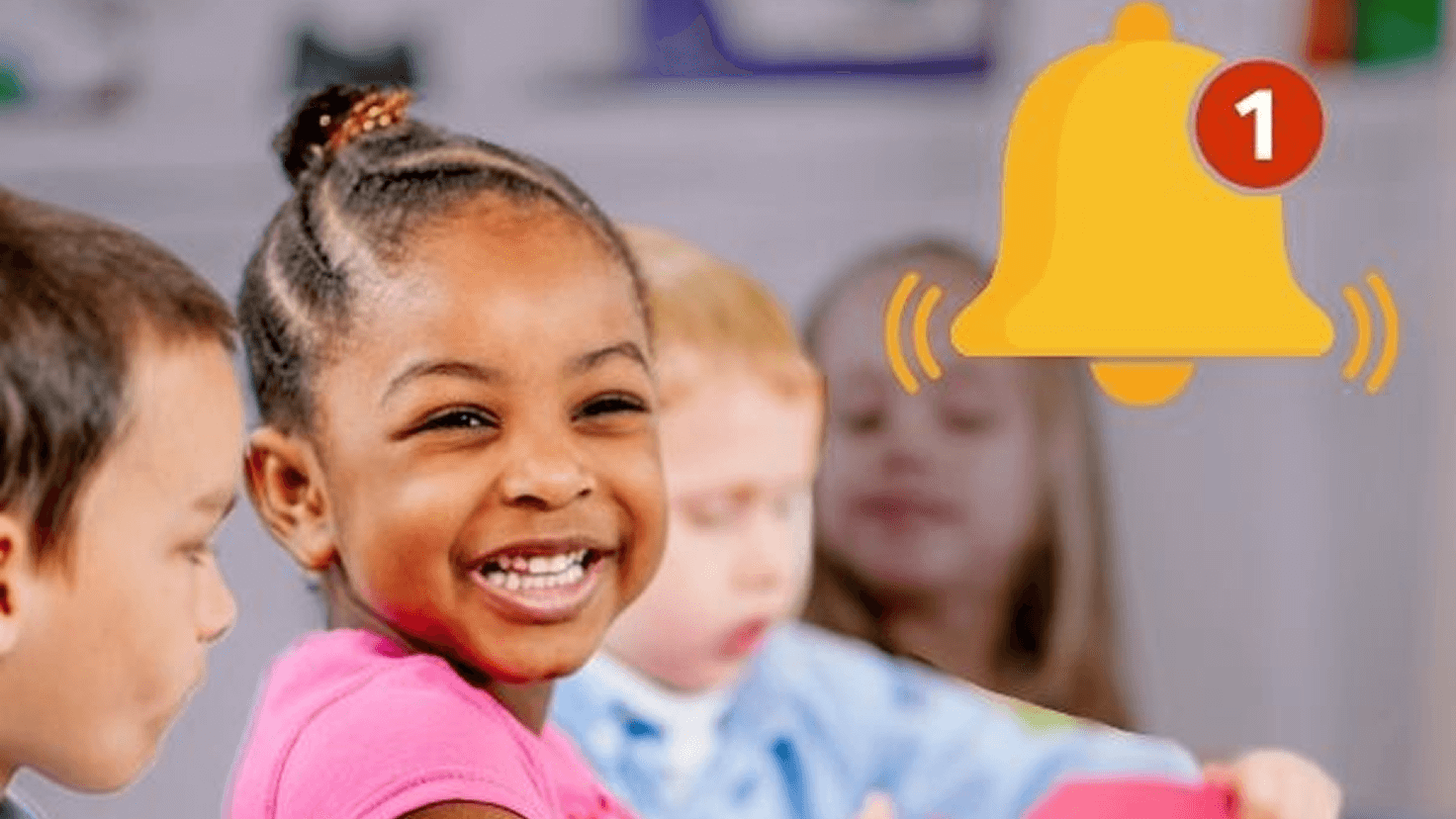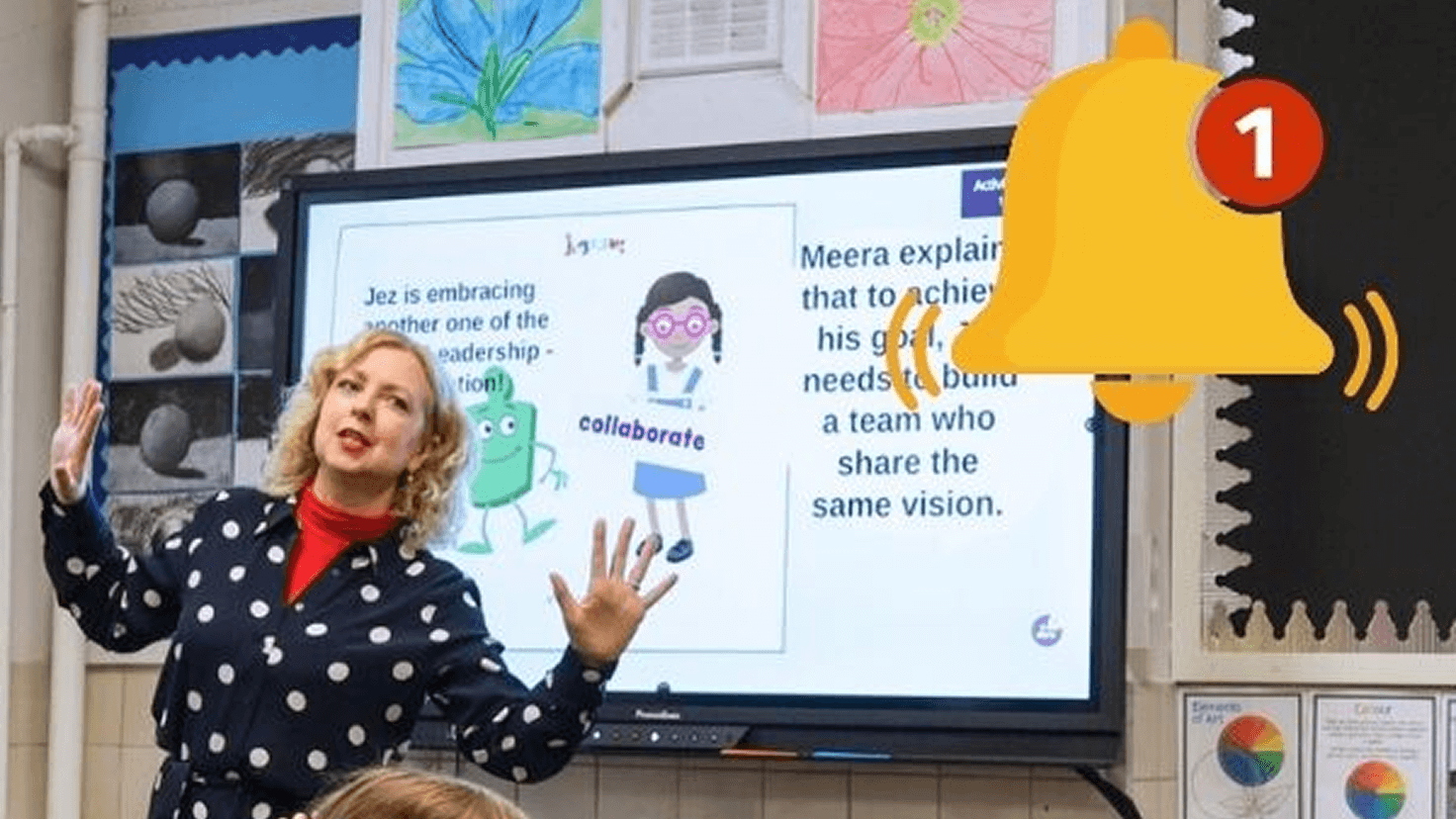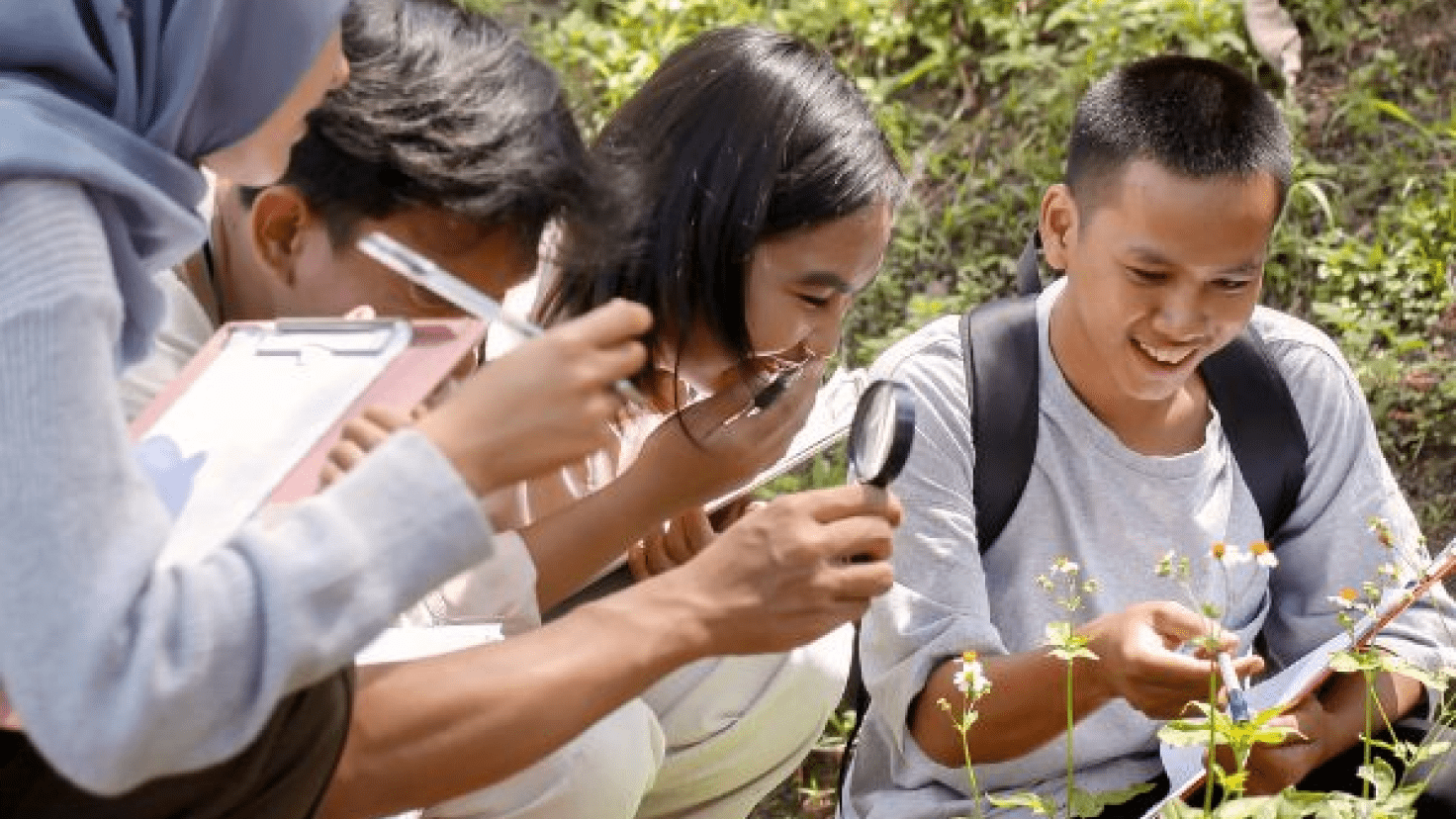Articles & Updates
26 February 2025
Ofsted’s Proposed Inspection Framework

This week Ofsted released their new framework for consultation, outlining its proposed approach to school report cards. As an organisation deeply embedded in education, we have been reviewing it with interest in the understanding that whatever the final framework looks like, it will inevitably shape school priorities for years to come.
A missed opportunity for real change?
Many educators haven’t had an opportunity to review the proposals yet and early responses from those who have feel that the new framework won’t be fairer, clearer or more accurate. There are understandable concerns that measuring across up to 11 elements (rather than 4 plus safeguarding) will add bureaucracy and stress, rather than removing it, and there will also be challenges for smaller schools in evidencing this breadth securely. It is not the revolution that many have been calling for and could, therefore, be a missed opportunity for real change, depending on how Ofsted respond to the consultation evidence.
However, there are elements within the framework that we welcome, particularly those that align with Jigsaw’s mission and values:
Placing vulnerable and disadvantaged children at the centre
A significant and positive shift in the framework is its emphasis on the educational experience of vulnerable and disadvantaged children. Inclusion is set to be a key lens through which all areas of school provision will be viewed.
The widening disadvantage gap, exacerbated by the pandemic, remains one of the pressing challenges in education. By focusing on and prioritising the provision and outcomes of these children, school environments will have to prioritise a sense of belonging where personal development is comprehensively supported. This is absolutely crucial to addressing many of the challenges that schools face including persistent absence and disruptive behaviour. Cultures of belonging can be created in large part by a focus on whole-school approaches to personal development and embedding universal, strengths-based curricula that foster respect.
However, the responsibility placed on schools needs to be matched with meaningful improvement in funding and specialist support services so that it doesn’t just become an added burden, strain and cause of further stress.
Stronger Focus on Training and Leadership Development
The consultation highlights the critical role of leadership and governance in shaping school culture and outcomes. A key shift in the proposed framework is the focus on ‘developing teaching’ moving away from simply judging the quality of teaching and instead evaluating the strength of leadership and professional development that underpins it.
This approach also reinforces the responsibility of school leaders to prioritise staff wellbeing and demonstrate that they have received good subject knowledge training for all staff including having the ‘necessary knowledge and skills to teach the personal development programme’. PSHE and RE are often subjects where there is less subject knowledge expertise and a greater likelihood of teachers being required to teach out of their specialist area.
At Jigsaw, we have long recognised this and actively support schools with providing mentoring services, regular webinars and bespoke CPD programmes. A stronger, sector wide commitment to training in these areas has the potential to raise the status of these subjects in schools and ensure greater equity of provision across the sector.
Prominence of attendance and wellbeing
Persistent absence has been an increasing challenge for school leaders in recent years. It is a complex issue with multiple causal factors and there is no one-size-fits-all solution; each school requires a tailored approach. However, the growing evidence base on effective strategies is encouraging, and we welcome the toolkit’s emphasis on the importance of building a culture of community and belonging as a key part of addressing attendance challenges. Through Jigsaw’s Families programme, we also recognise the importance of working collaboratively with families to improve attendance and are pleased to see this reflected in the framework’s approach.
Beyond attendance, we also welcome the framework’s continued emphasis on universal personal, social and health education and its recognition of the importance of pupils’ spiritual, moral, social and cultural development. The increased focus on wellbeing is particularly encouraging, as pupil and staff wellbeing must be at the heart of a thriving school environment.
However, for this to be meaningful, Ofsted must follow through on its commitment to take a more nuanced, contextual, and empathetic approach to inspection. Without this, the rhetoric around wellbeing risks becoming hollow, leaving schools to navigate these pressures without genuine structural support. Schools need more than just expectations, they need tangible backing, resources, and an inspection process that acknowledges the complexities they face.
While these plans remain in consultation, Jigsaw is committed to ensuring that schools are fully supported in delivering excellent outcomes across all the focus areas relevant to PSHE and RE. Whatever the final recommendations, we will work alongside schools to ensure they are ready for the new framework and remain fully compliant.




